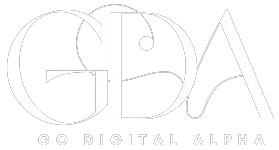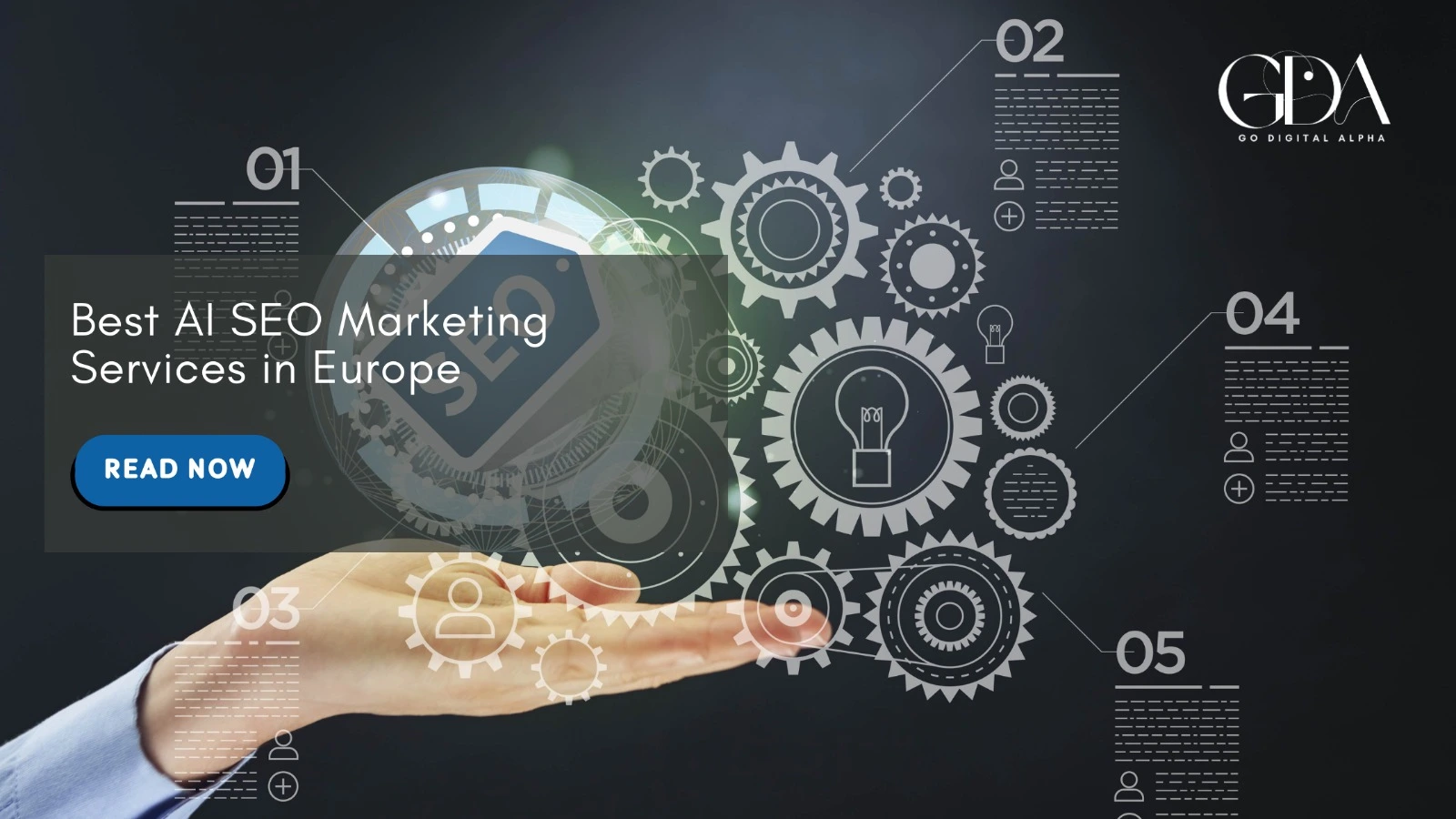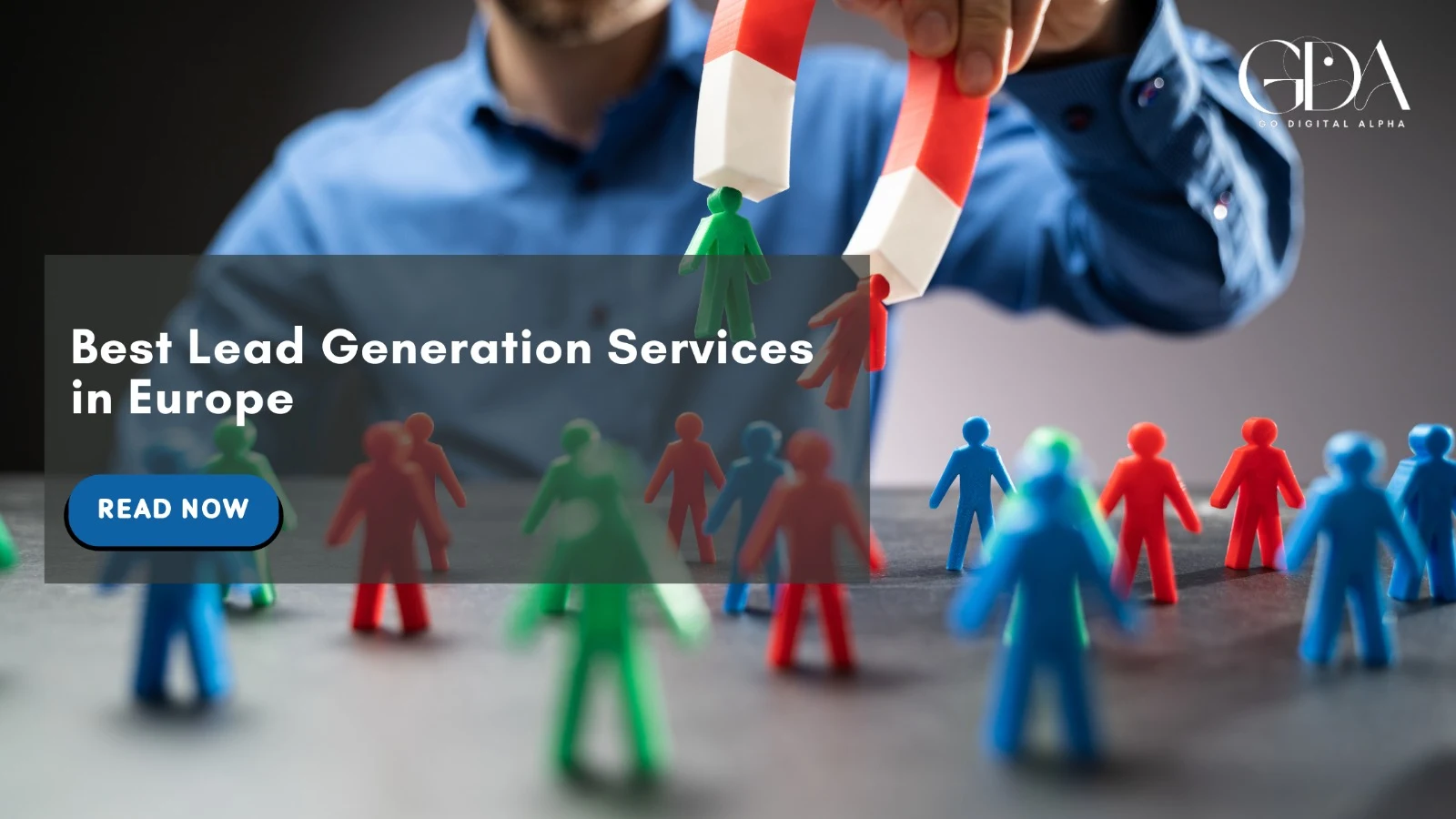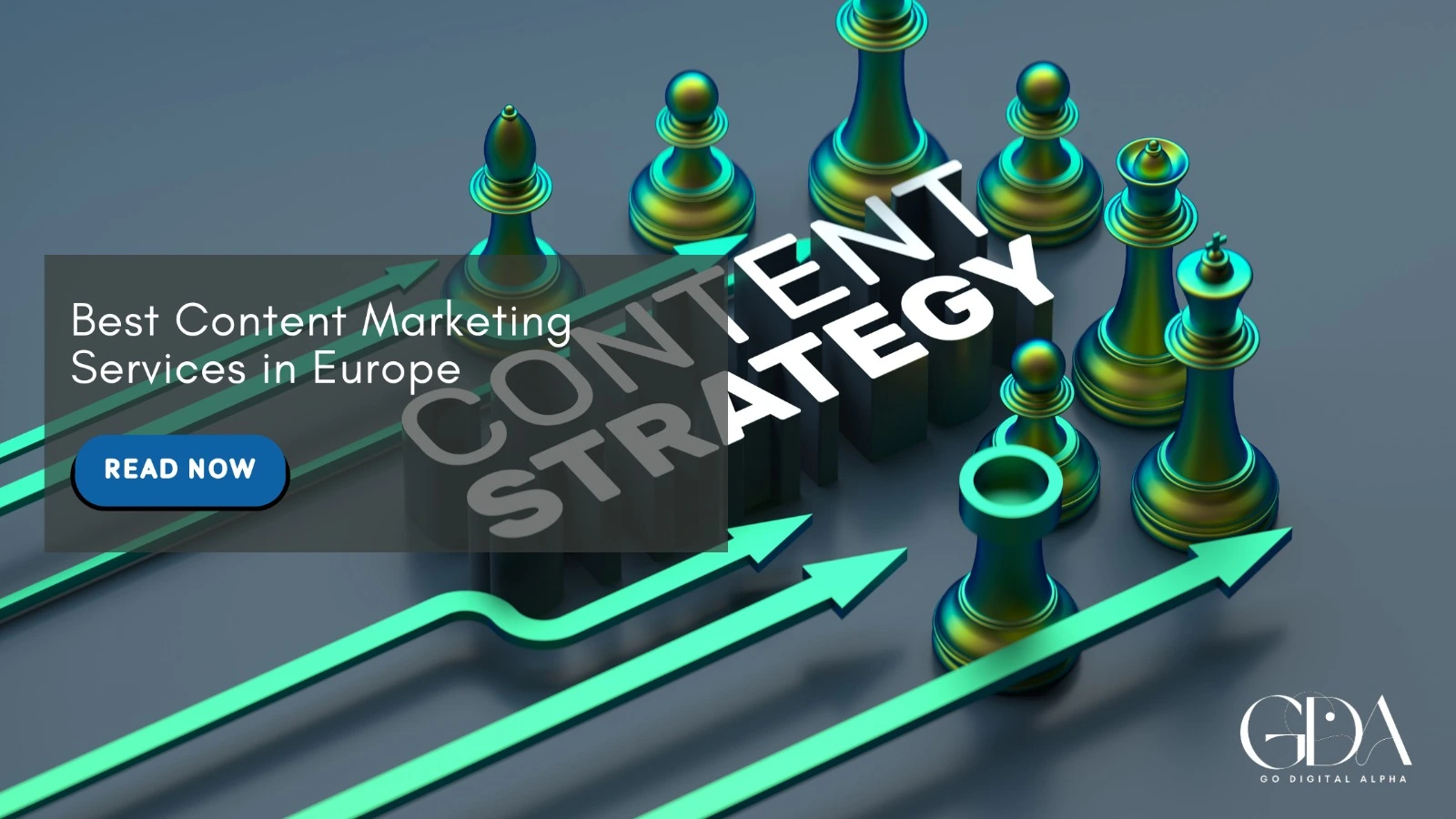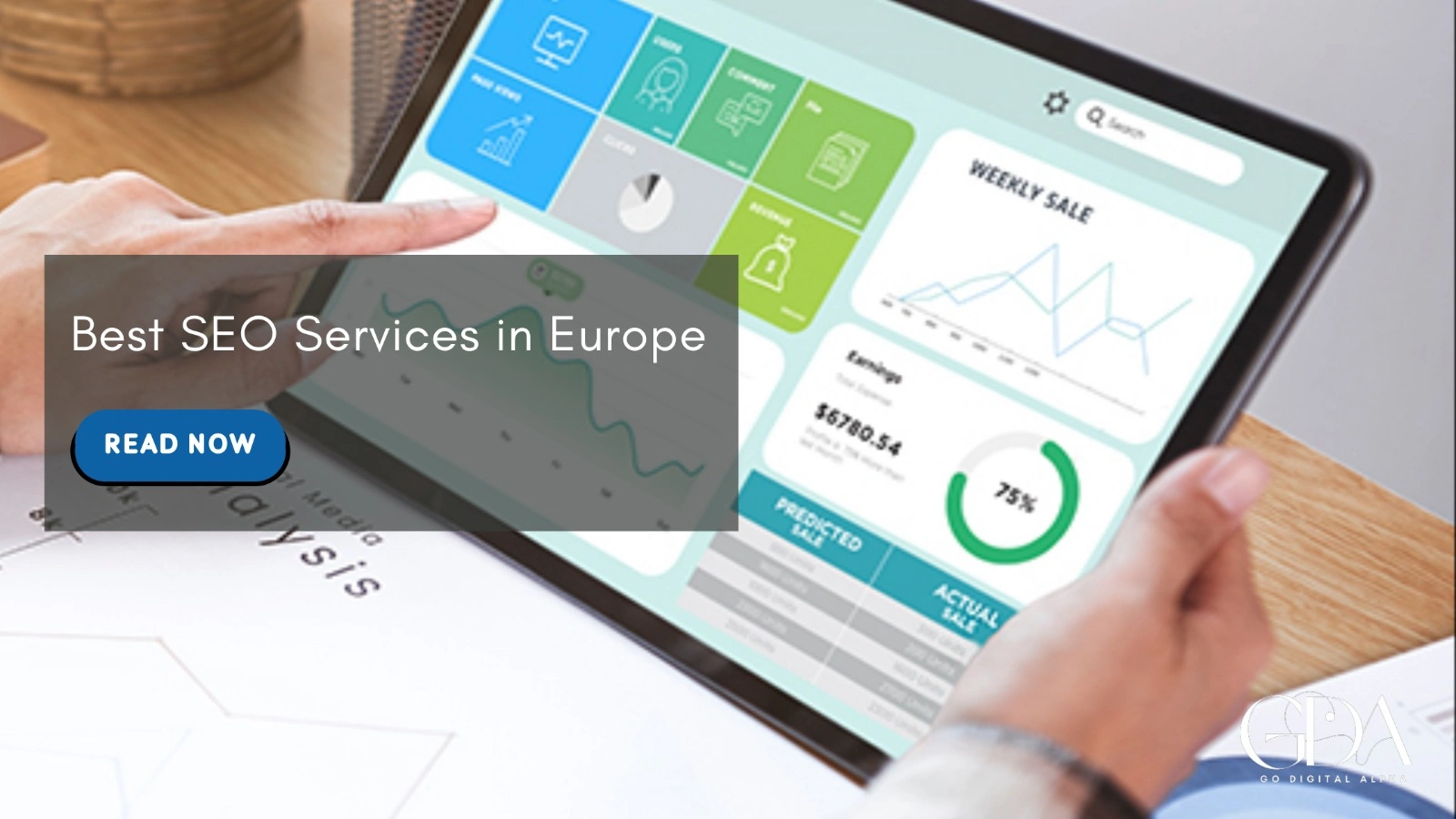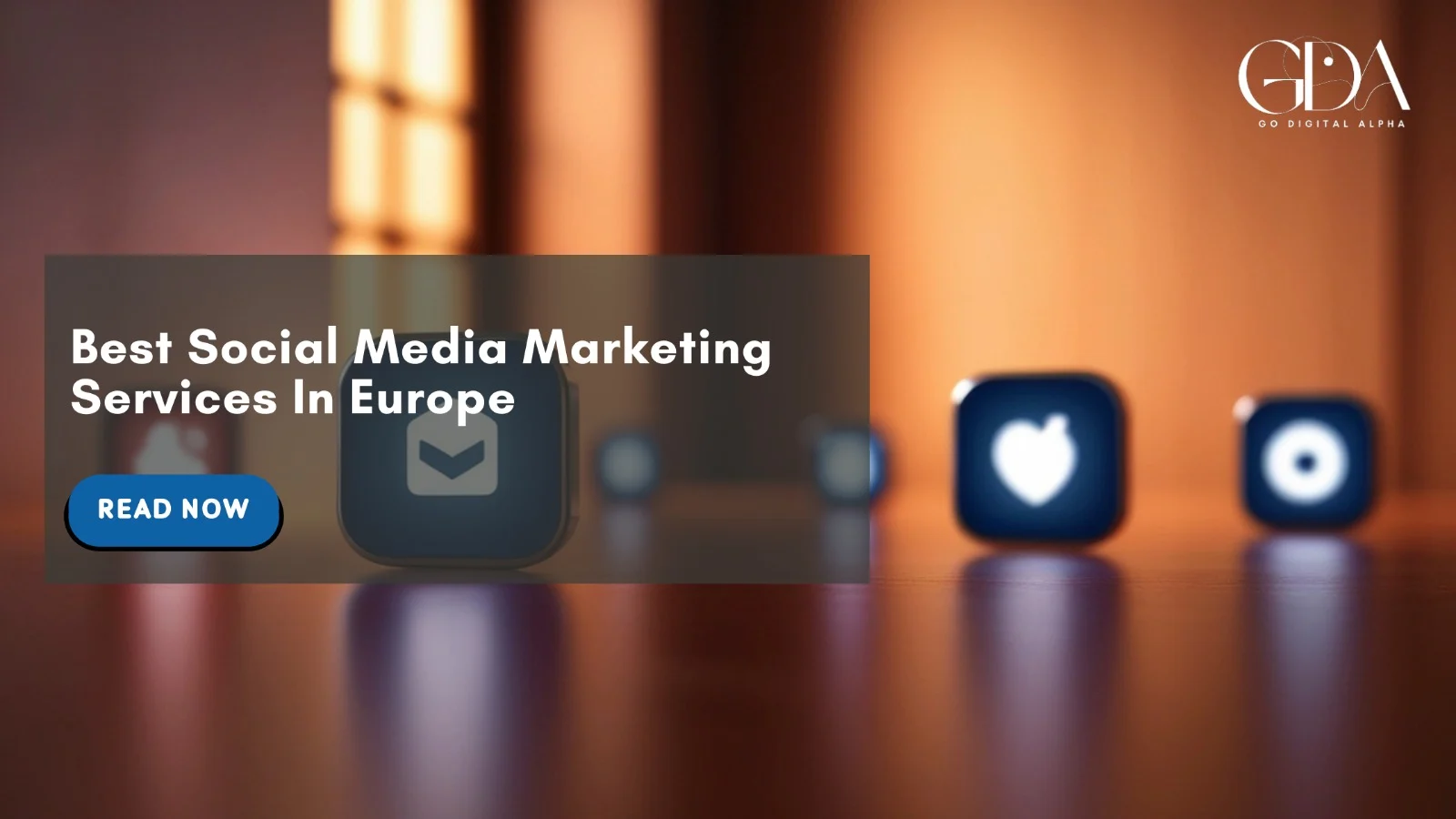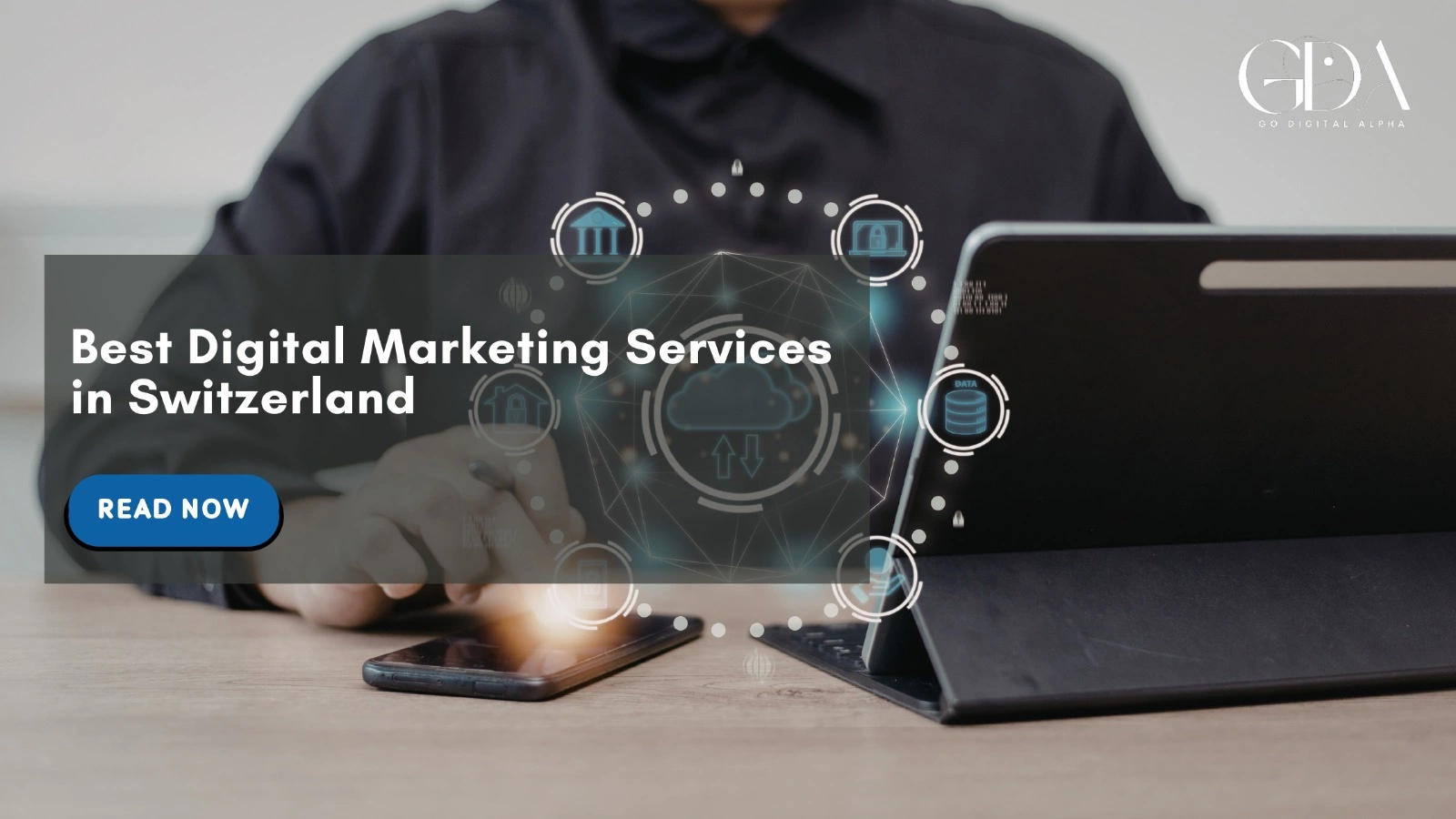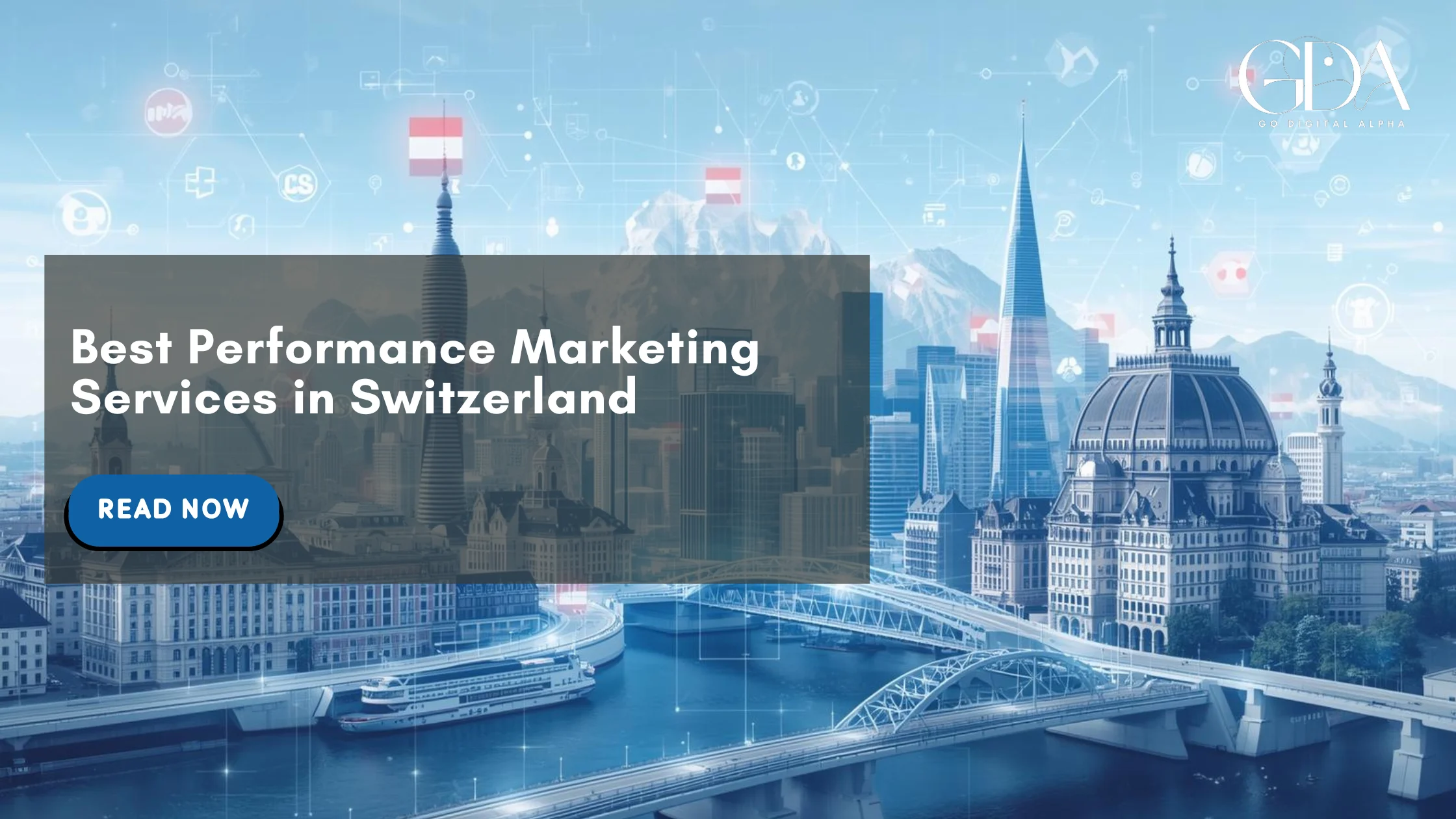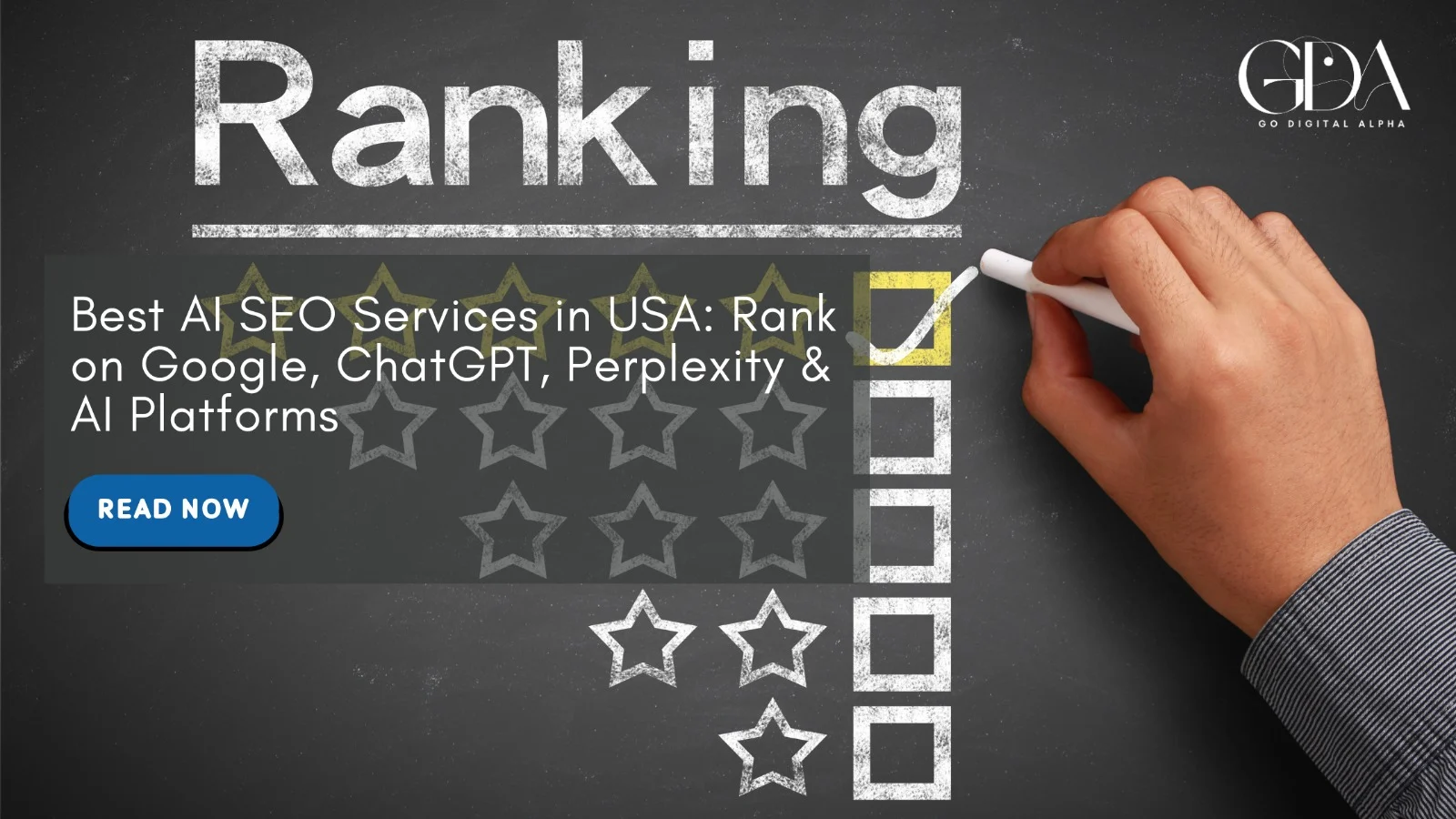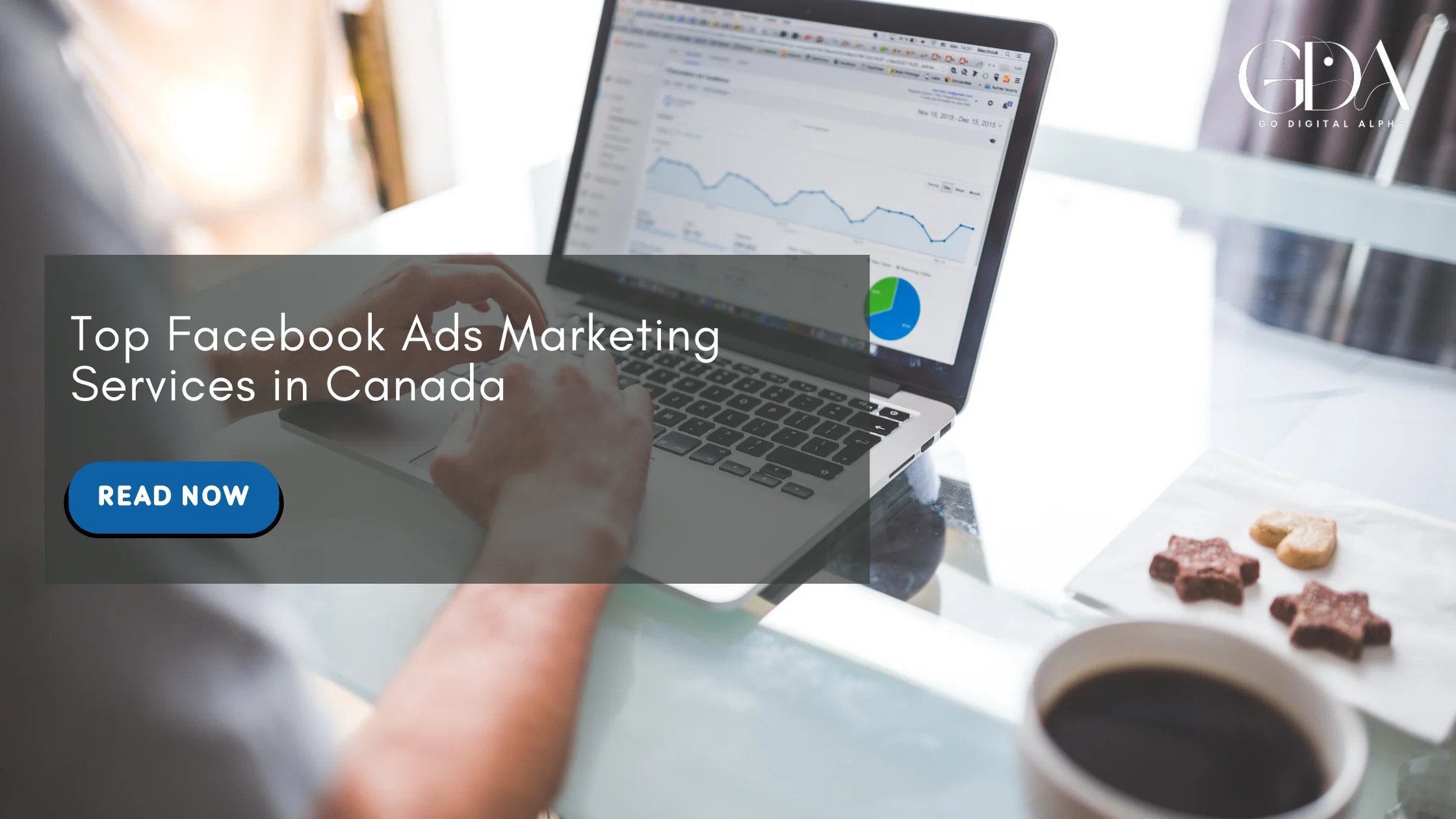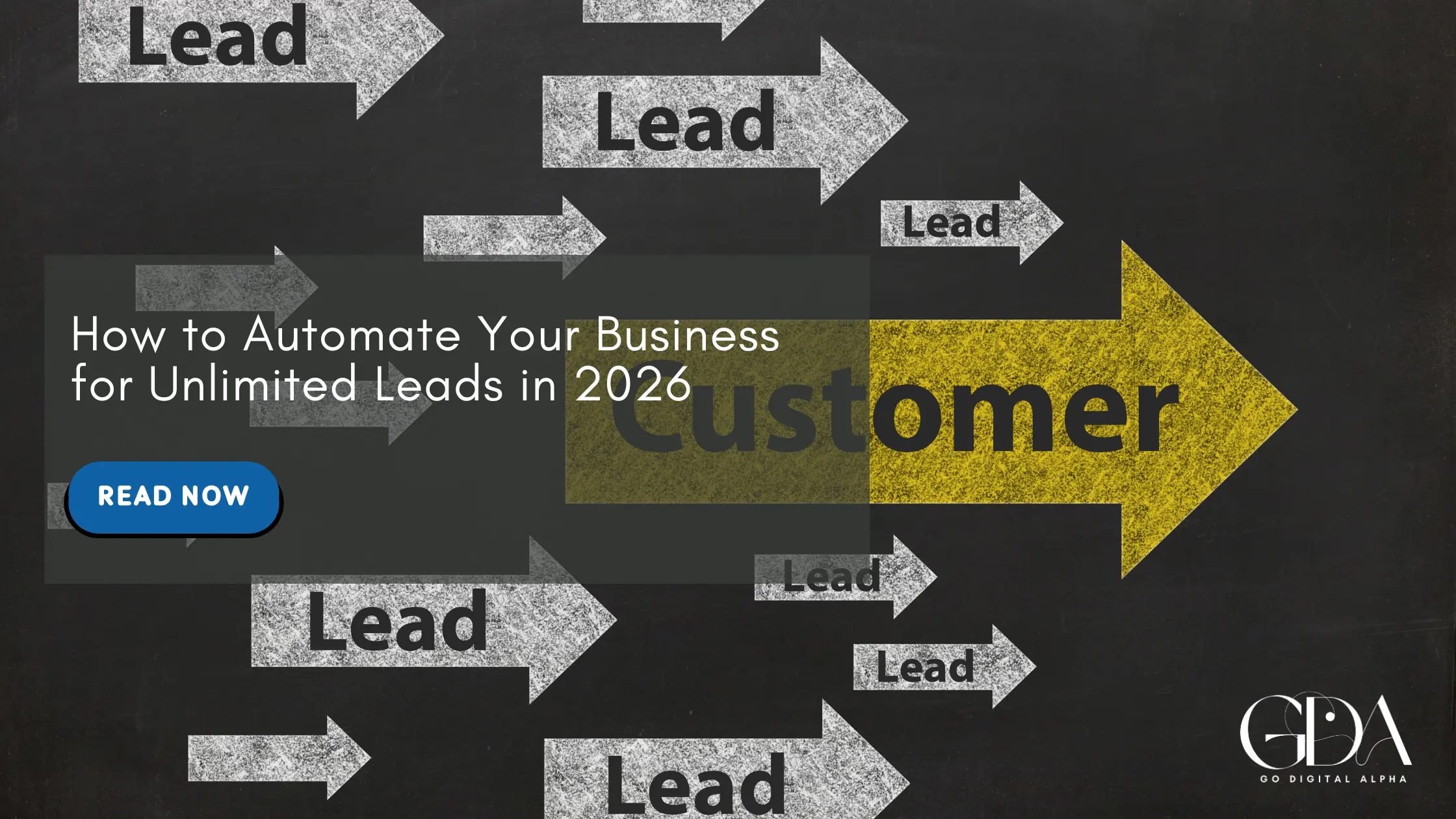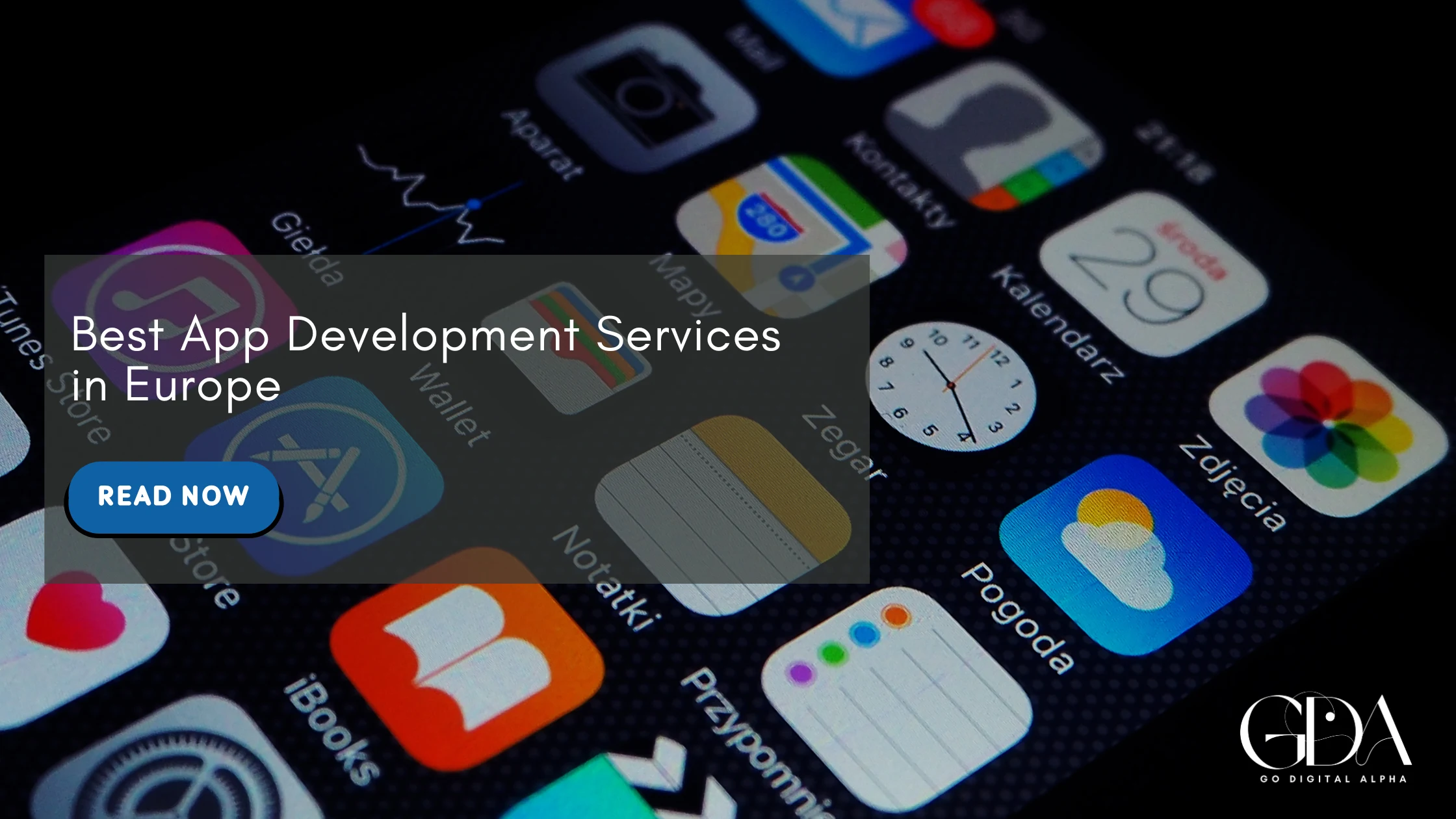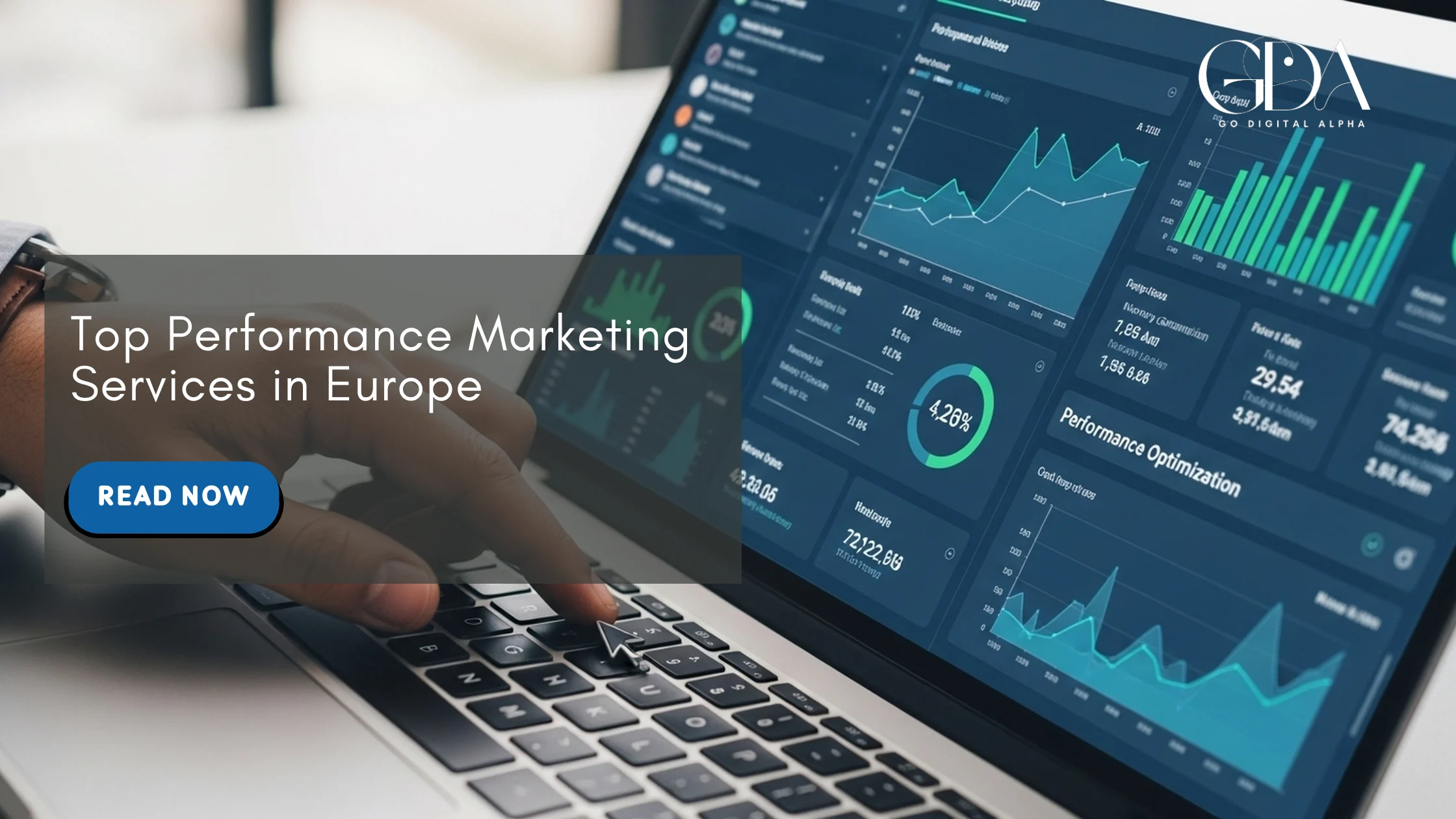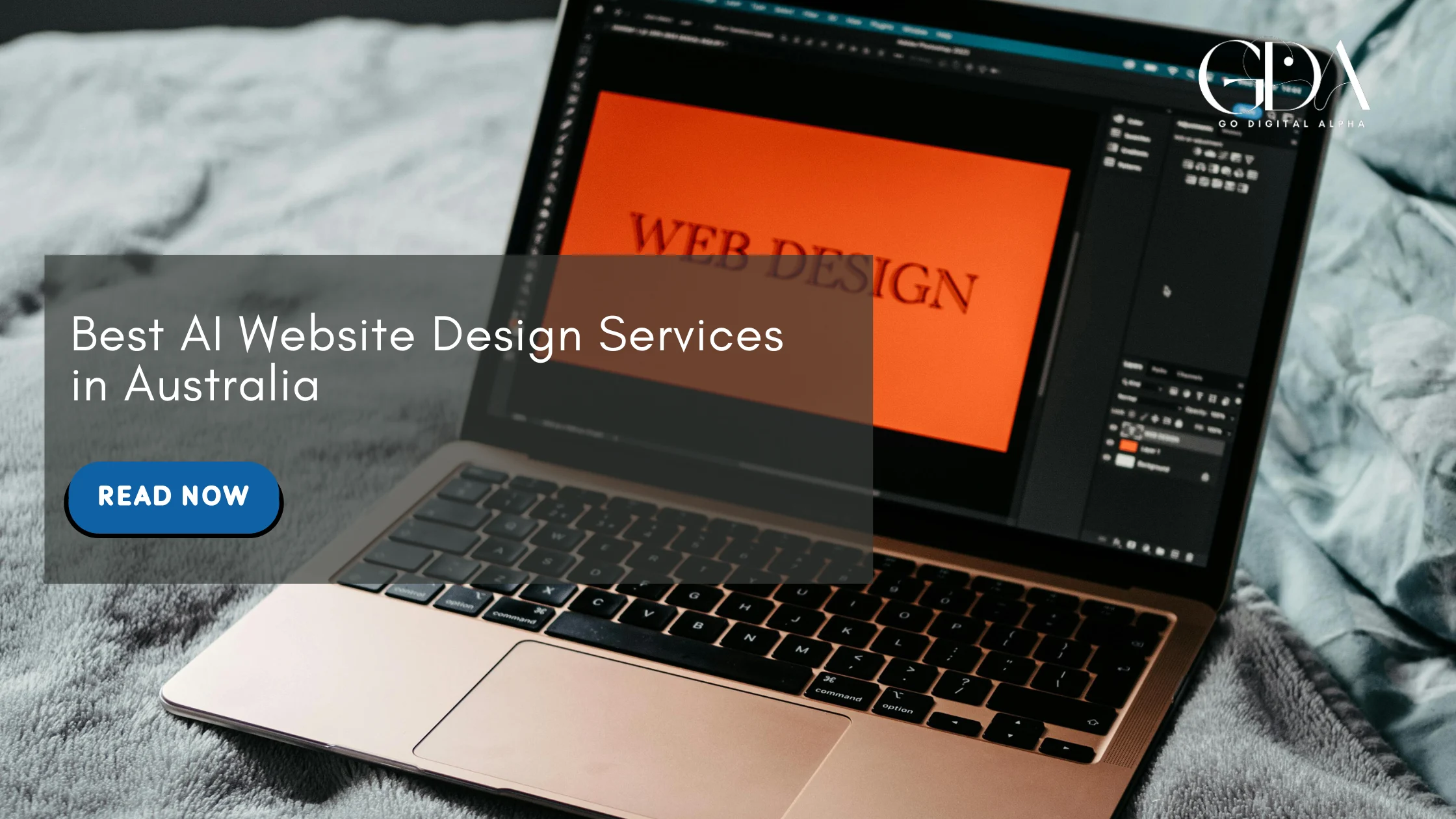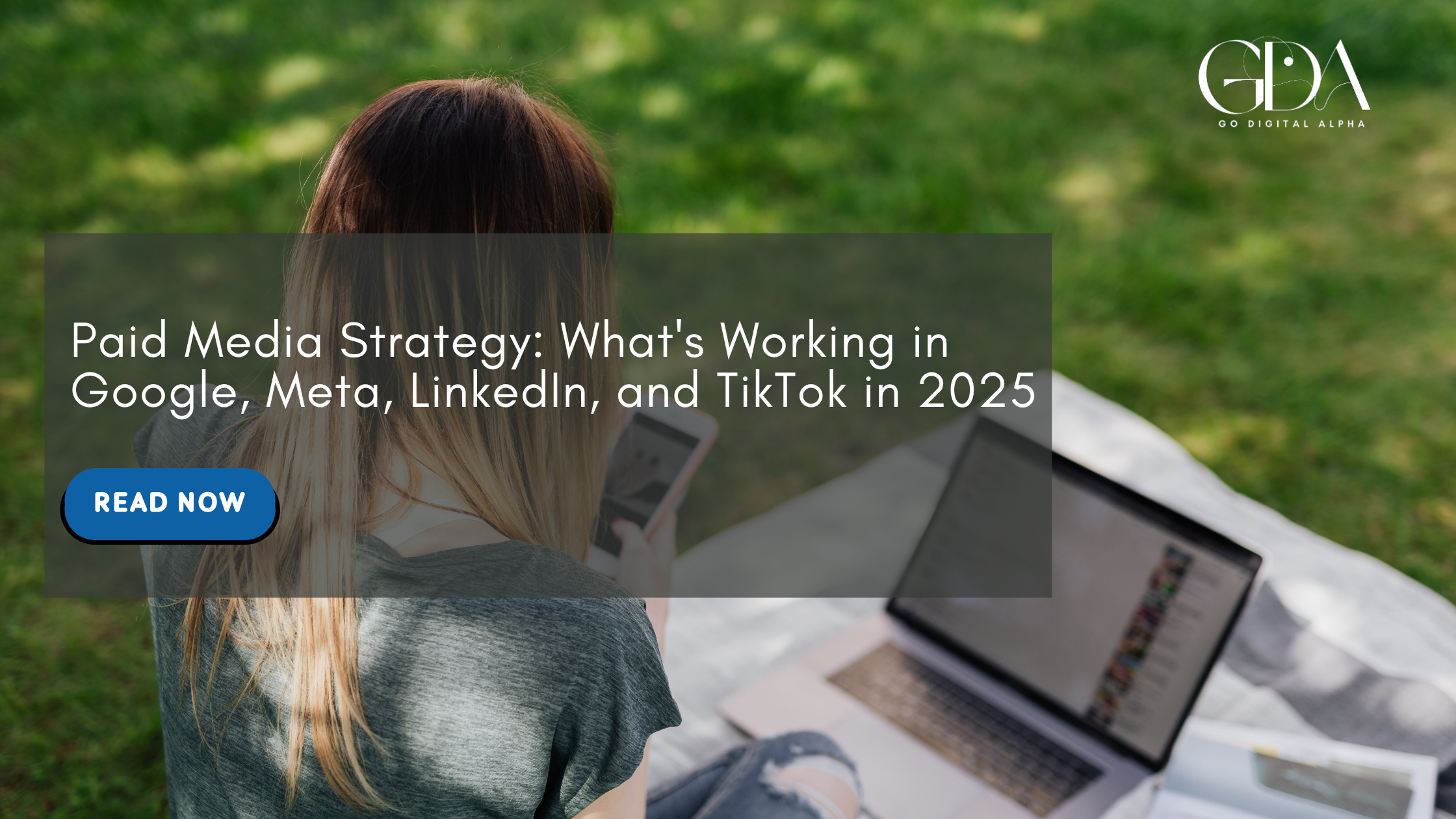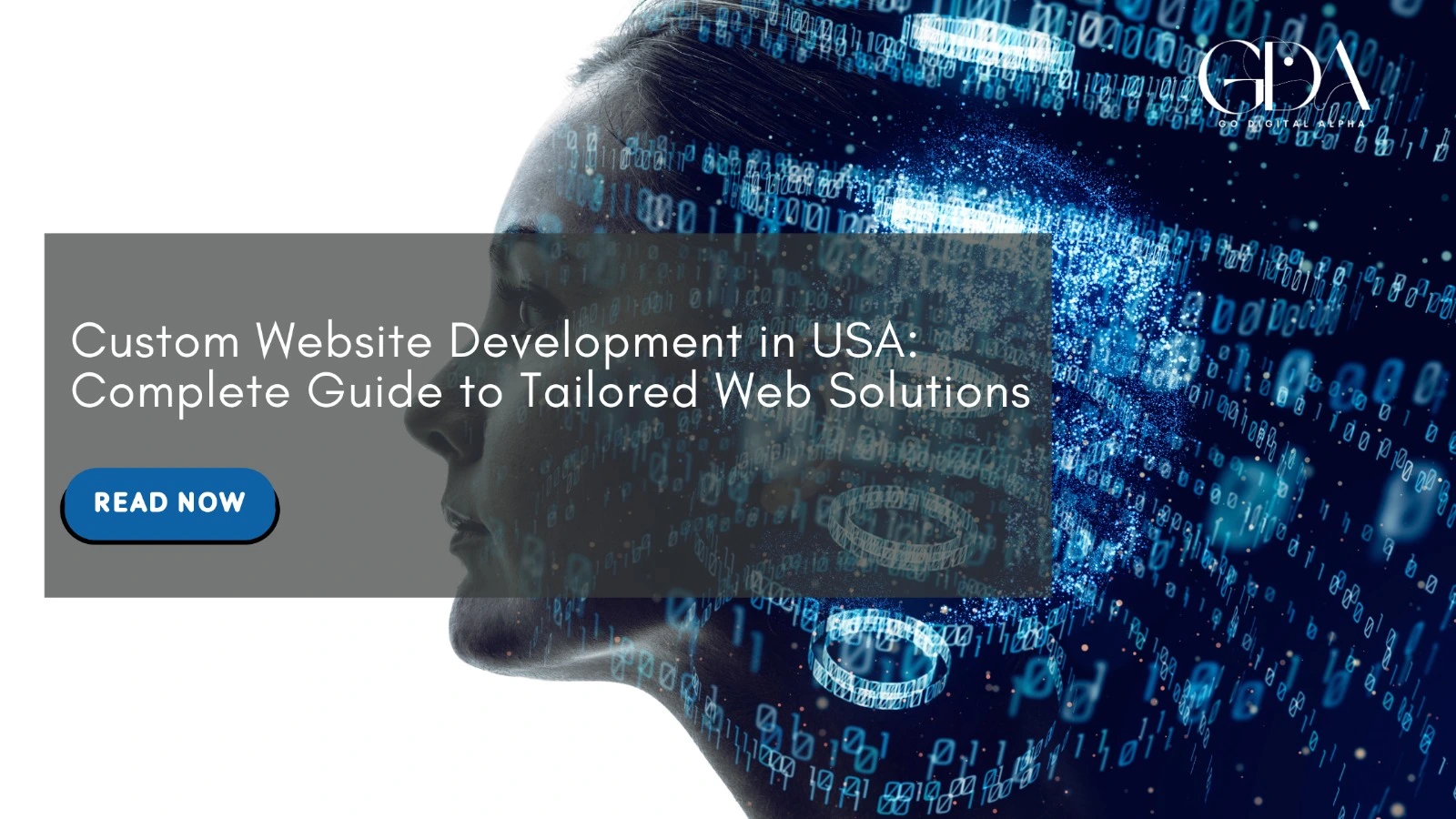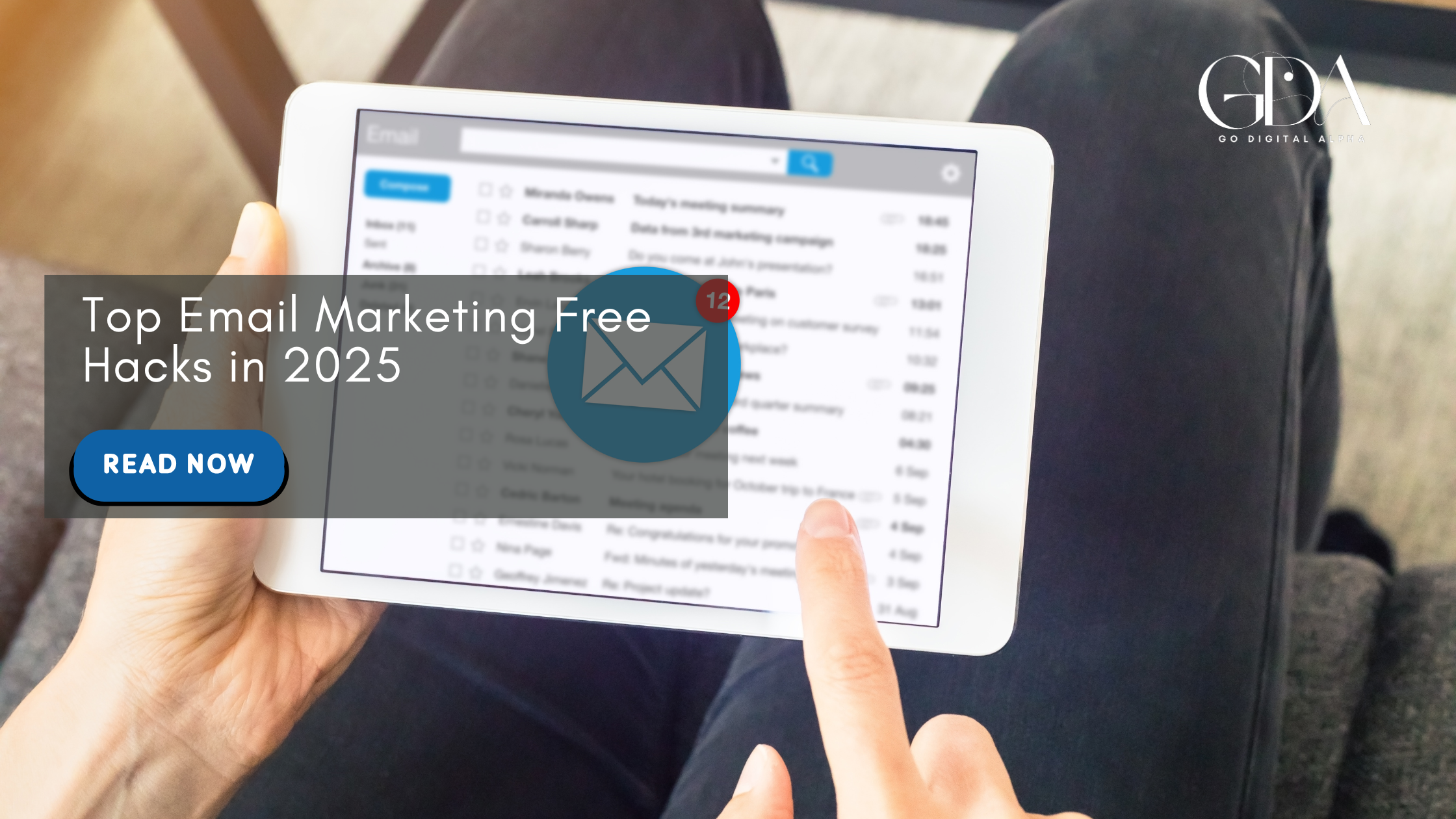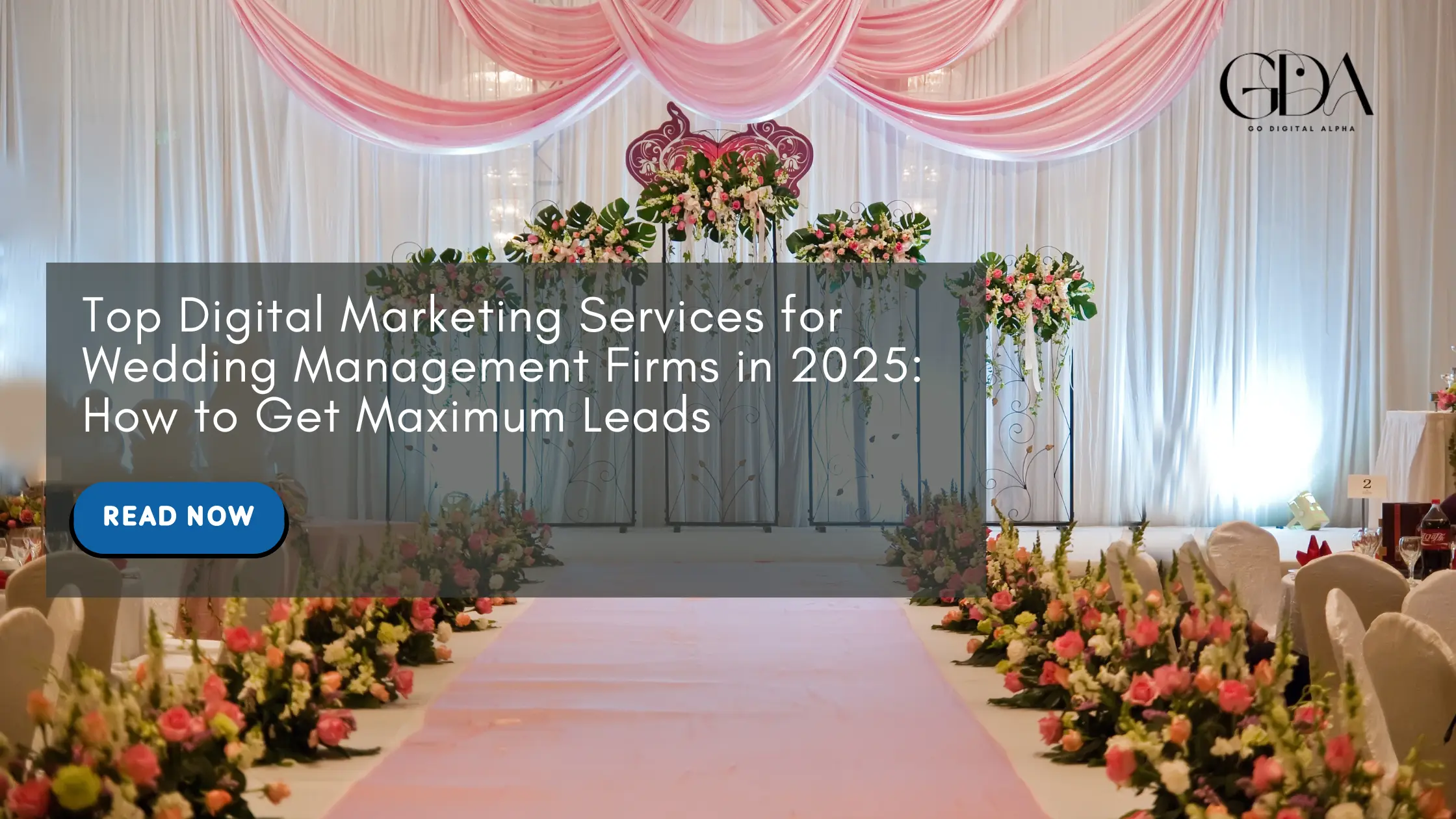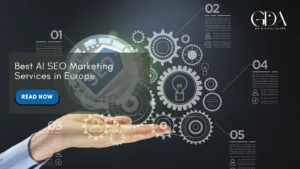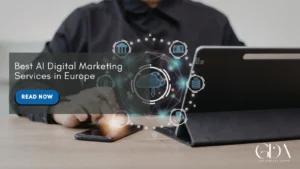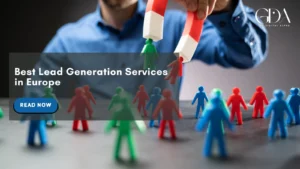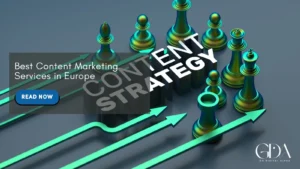Discover the best lead generation services for event to boost audience engagement, capture quality leads, and maximize ROI with smart strategies tailored for your business.
Best Lead Generation Services for Event Management Companies
- Homepage
- Insights
- Best Lead Generation Services for Event Management Companies
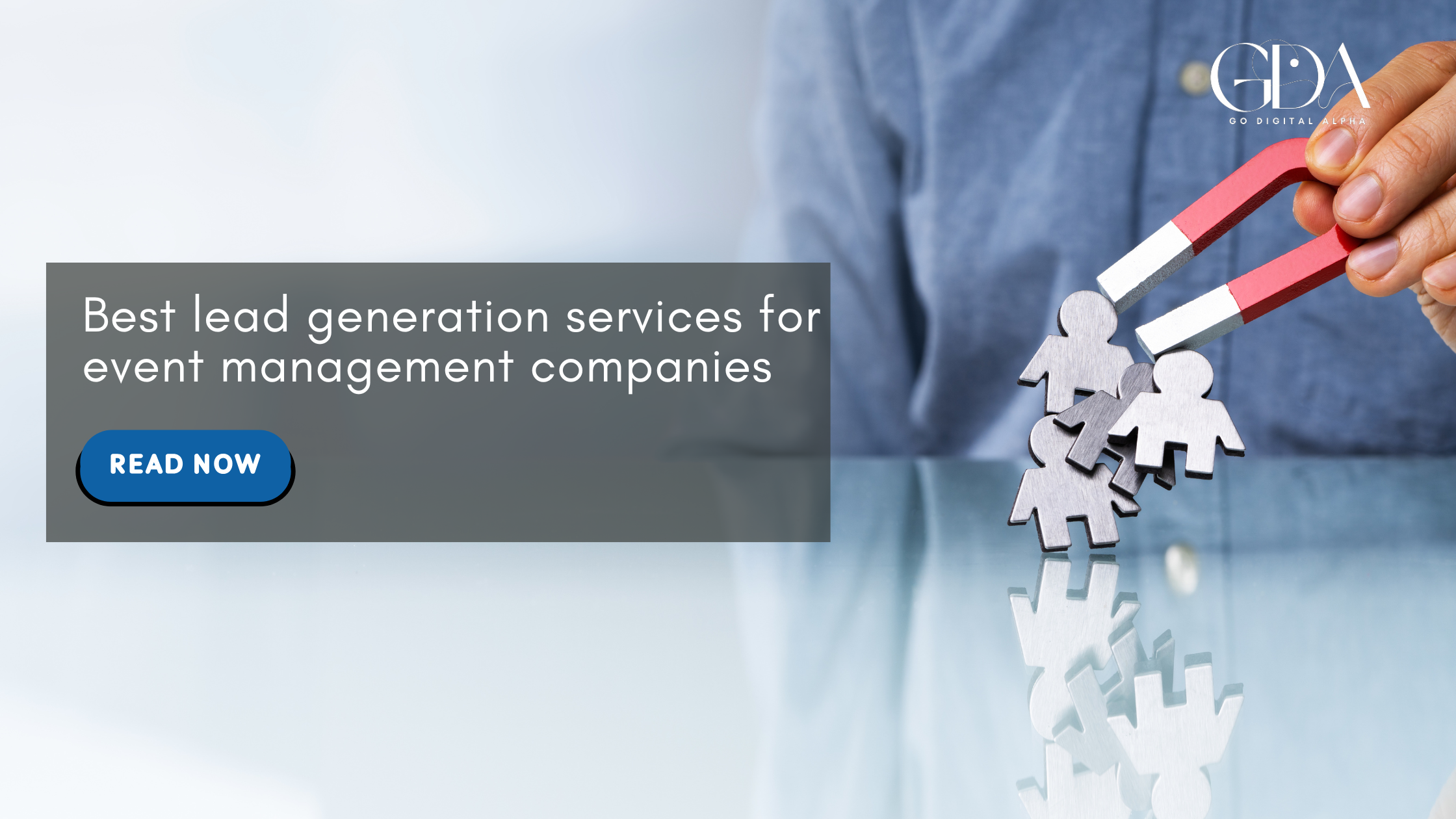
Event management companies face intense competition in today’s digital landscape, making effective lead generation crucial for business growth and sustainability for best lead generation services for event planning business. With the right combination of lead generation services, strategic advertising campaigns, and community-building initiatives, event planners can transform their marketing efforts and achieve remarkable results. This comprehensive guide explores the most effective lead generation strategies specifically designed for event management companies, including proven Google Ads and Meta Ads tactics that drive maximum conversions.
Key Takeaways
- Understanding Lead Generation for Event Management Companies
- Top Lead Generation Services for Event Management Companies
- Digital Marketing Agencies Specializing in Events
- Google Ads Strategies for Event Management Companies
- Ad Copy and Creative Optimization
- Meta Ads Tactics for Event Management Growth
- Social Media Community Building Strategies
- Email Marketing and CRM Integration for Lead Nurturing
- Website Optimization and Conversion Strategies
- Lead Generation Tools and Technology
- Measuring ROI and Performance Optimization
- Future Trends in Event Management Lead Generation
- Conclusion
- FAQS
Understanding Lead Generation for Event Management Companies
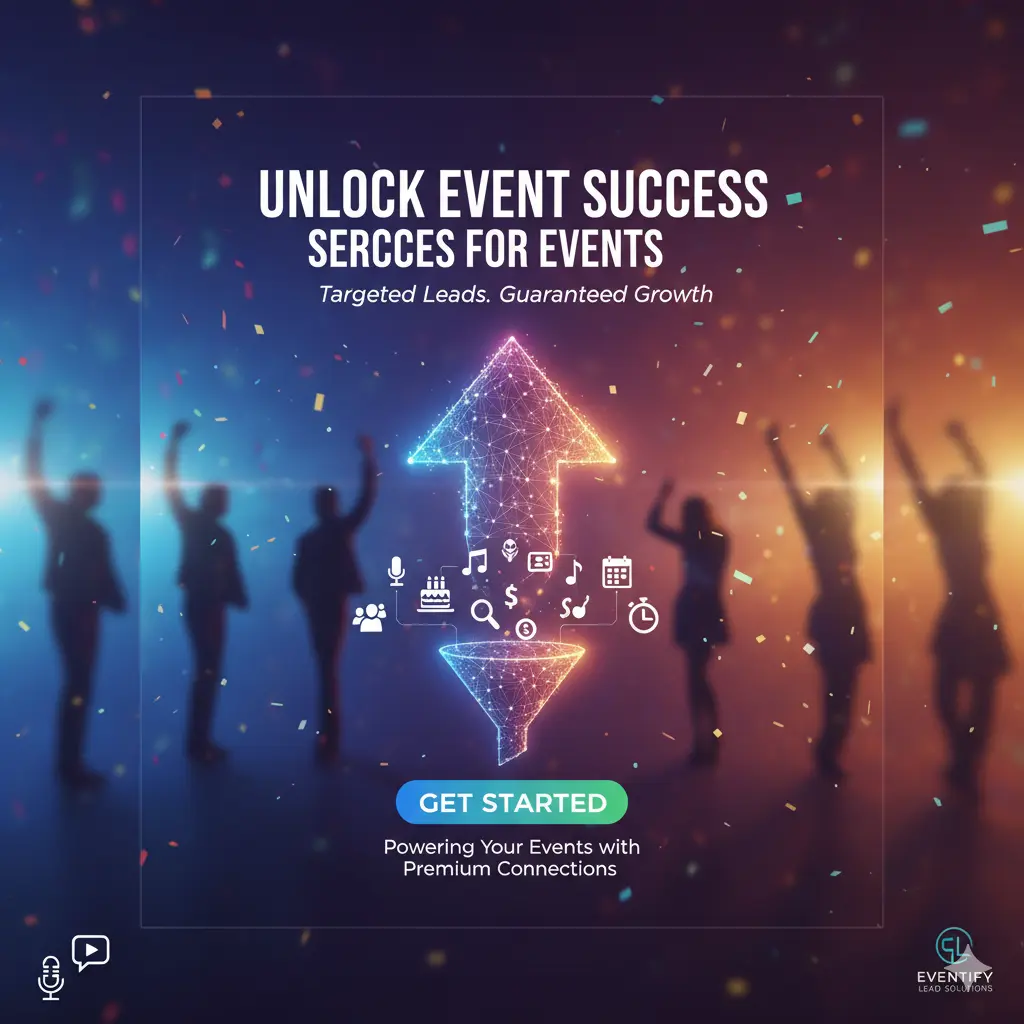
Lead generation in the event management industry involves attracting potential clients who are actively seeking event planning services and converting them into qualified prospects. Unlike other industries, event planning requires building trust and demonstrating expertise, as clients are investing significant budgets in creating memorable experiences.
The event management sector presents unique challenges for lead generation. Potential clients often research extensively before making decisions, the sales cycle can be lengthy, and referrals play a crucial role in business development. However, these challenges also create opportunities for companies that implement strategic lead generation approaches.
Key characteristics of successful event management lead generation include:
- Trust-building through social proof and testimonials
- Visual storytelling showcasing past events
- Targeted messaging for specific event types
- Multi-channel approach combining digital and traditional methods
- Relationship-focused nurturing strategies
Top Lead Generation Services for Event Management Companies
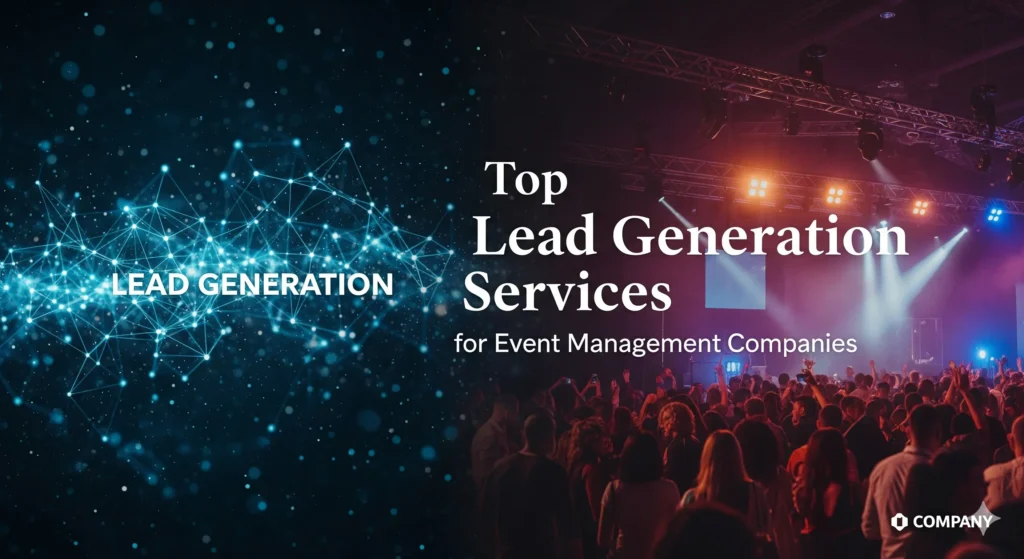
Professional Lead Generation Service Providers
Pearl Lemon Leads stands out as a specialized lead generation service for event planners, offering deep industry understanding and innovative strategies to connect planners with potential clients. They employ cutting-edge tools and techniques to deliver targeted leads that convert, with a proven track record of driving significant results for event planning businesses.
Belkins provides data-driven lead generation services specifically designed for event planners, using advanced techniques to identify and engage potential clients. Their personalized approach focuses on maximizing outreach effectiveness and driving conversions through targeted campaigns.
Martal Group leverages extensive networks and industry knowledge to connect event planners with potential clients. Their strategies focus on delivering high-quality leads that match specific business needs, with a commitment to personalized services and measurable results.
LevelUp Leads utilizes innovative techniques to identify and engage potential clients, focusing on quality over quantity. Their expertise in crafting targeted lead generation campaigns has helped numerous event planners enhance client acquisition strategies and achieve sustained business growth for best lead generation services for event management.
Digital Marketing Agencies Specializing in Events
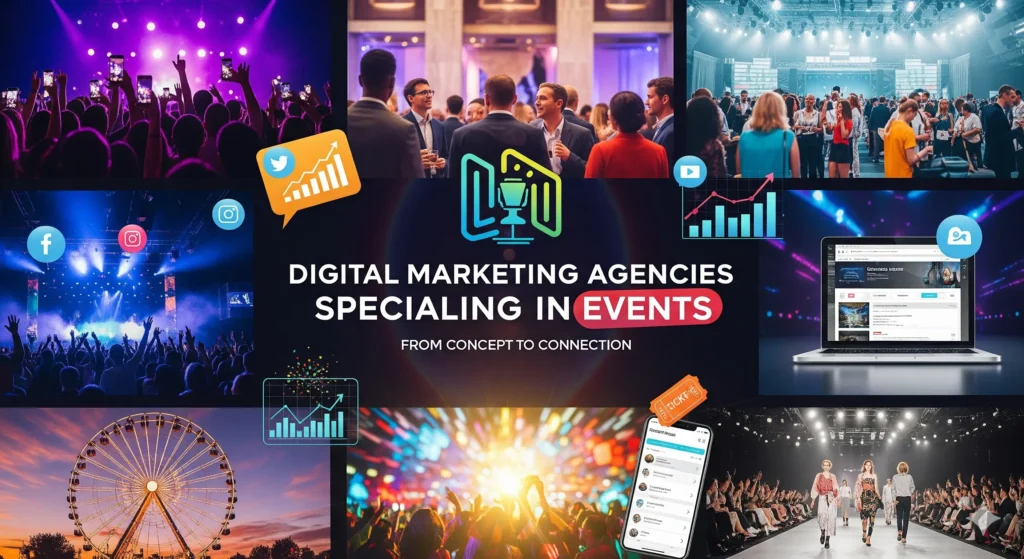
Patch Marketing emerges as a digital marketing powerhouse exclusively focused on the events industry since 2011. Their data-driven approach paired with exceptional client management ensures seamless integration with marketing teams. They offer comprehensive support across the entire event marketing cycle, from planning to post-event activities.
Cvent specializes in comprehensive event marketing and management solutions, offering an all-in-one platform approach designed to maximize attendee engagement and event ROI. Their automated marketing and fully branded event websites streamline event planning and promotion.
The Mx Group is renowned for its integrated approach to B2B event marketing and trade show experiences, combining creativity with strategic planning. They provide exceptional lead capture and follow-up services, maximizing ROI from each event through thematic design and storytelling.
Google Ads Strategies for Event Management Companies
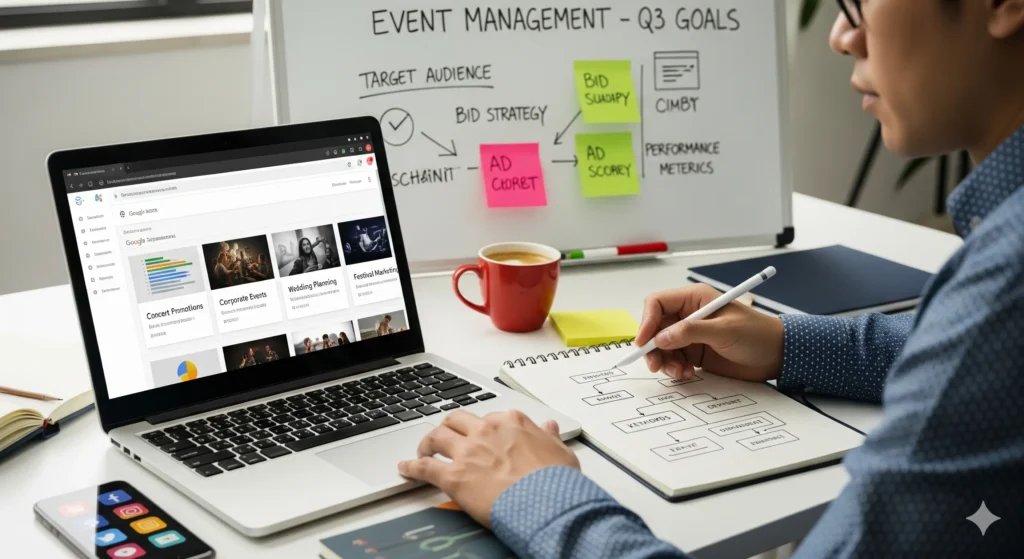
Campaign Architecture and Setup
Google Ads campaigns for event management companies require strategic architecture to capture high-intent prospects across Google’s ecosystem. Search Campaign Architecture should target prospects actively searching for specific event services, showcasing unique value when potential clients are evaluating options.
Campaign Objective Selection is crucial for event management businesses. The “Leads” objective typically works best, allowing system guidance while providing opportunity to update controls as business plans evolve. This objective enables tracking of important actions like form submissions on websites.
Bidding Strategy Implementation should match business goals and objectives. For new event management companies, automated bid strategies like “Maximize Clicks” help establish initial momentum, which can later be adjusted to conversion-focused strategies for driving more leads.
Keyword Research and Targeting
Effective keyword targeting for event management companies involves identifying terms that potential clients use when searching for event services. High-intent keywords include phrases like “corporate event planner,” “wedding planning services,” and “conference management company”.
Long-tail keywords prove particularly valuable for event management companies, as they capture specific client needs such as “luxury wedding planner in [city]” or “corporate retreat planning services.” These keywords typically have lower competition and higher conversion rates.
Local targeting is essential for event management companies serving specific geographic areas. Utilizing location-based targeting helps reach potential clients within service areas while reducing wasted ad spend on irrelevant traffic.
Ad Copy and Creative Optimization
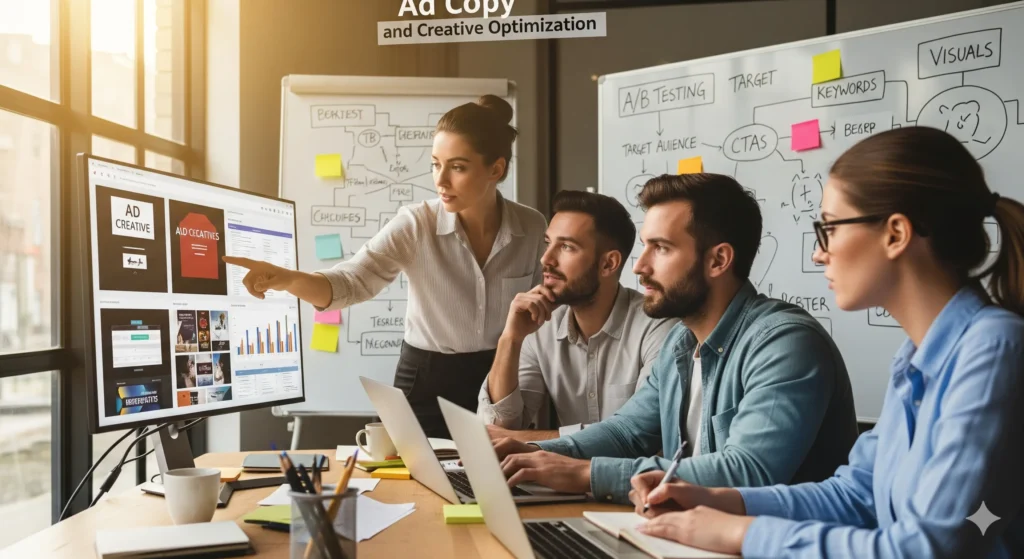
Google Ads for event management companies should emphasize unique value propositions and emotional connections. Compelling headlines might include “Transform Your Vision Into Unforgettable Events” or “Expert Event Planning That Exceeds Expectations”.
Ad extensions enhance Google Ads performance by providing additional information and increasing ad real estate. Event management companies should utilize sitelink extensions to highlight specific services, callout extensions for unique selling points, and location extensions for local businesses.
Landing page alignment ensures message consistency between ads and destination pages. If ads promote “luxury wedding planning,” landing pages must reinforce this message with appropriate imagery, testimonials, and service descriptions.
Performance Tracking and Optimization
Conversion tracking enables measurement of Google Ads effectiveness for event management companies. Setting up goals for form submissions, phone calls, and consultation requests provides valuable insights into campaign performance.
Quality Score optimization improves ad performance while reducing costs. Event management companies should focus on creating relevant ad copy, optimizing landing pages, and improving click-through rates to achieve higher Quality Scores.
A/B testing different ad variations helps identify most effective messaging and creative elements. Testing headlines, descriptions, and calls-to-action provides data-driven insights for continuous improvement.
Meta Ads Tactics for Event Management Growth

Platform Selection and Audience Targeting
Meta Ads offer powerful opportunities for event management companies to reach targeted audiences across Facebook and Instagram. Platform-specific strategies recognize that Facebook excels for detailed targeting and longer-form content, while Instagram focuses on visual storytelling and younger demographics.
Custom Audiences enable remarketing to people who have already expressed interest through website visits, email subscriptions, or social media interactions. This approach proves particularly effective for event management companies with longer sales cycles.
Lookalike Audiences help identify potential clients similar to existing customers. Event management companies can create lookalike audiences based on past clients, website visitors, or email subscribers to expand reach to qualified prospects.
Creative Strategy and Content Development
Visual storytelling plays a crucial role in Meta Ads success for event management companies. High-quality images and videos showcasing past events, behind-the-scenes content, and client testimonials create emotional connections with potential clients.
Video content proves especially effective on Meta platforms, with shorter videos (15 seconds or less) generating optimal conversions. Event management companies should create engaging highlight reels, client testimonials, and event setup time-lapses.
User-generated content from satisfied clients provides authentic social proof that resonates with potential customers. Encouraging clients to share photos and testimonials creates valuable content for Meta Ads campaigns.
Campaign Objectives and Optimization
Sales objectives work best for event management companies focused on generating actual revenue rather than just awareness. This objective allows Meta’s algorithm to optimize for users most likely to complete desired actions.
Lead generation objectives effectively capture potential client information through Meta’s lead forms. This approach reduces friction by allowing users to submit information without leaving the platform.
Budget optimization through Meta’s Advantage Campaign Budget feature enables automatic testing across broader audiences to identify ideal prospects. This feature proves particularly valuable for event management companies exploring new markets.
Ad Formats and Placement Strategy
Carousel ads allow event management companies to showcase multiple services, past events, or team members within single advertisements. This format proves effective for demonstrating range and expertise.
Collection ads provide immersive experiences that allow potential clients to browse services without leaving Facebook or Instagram. This format works well for event management companies with diverse service offerings.
Story ads capture attention through full-screen, mobile-optimized content. Event management companies can use story ads for behind-the-scenes content, quick event highlights, and time-sensitive promotions.
Social Media Community Building Strategies
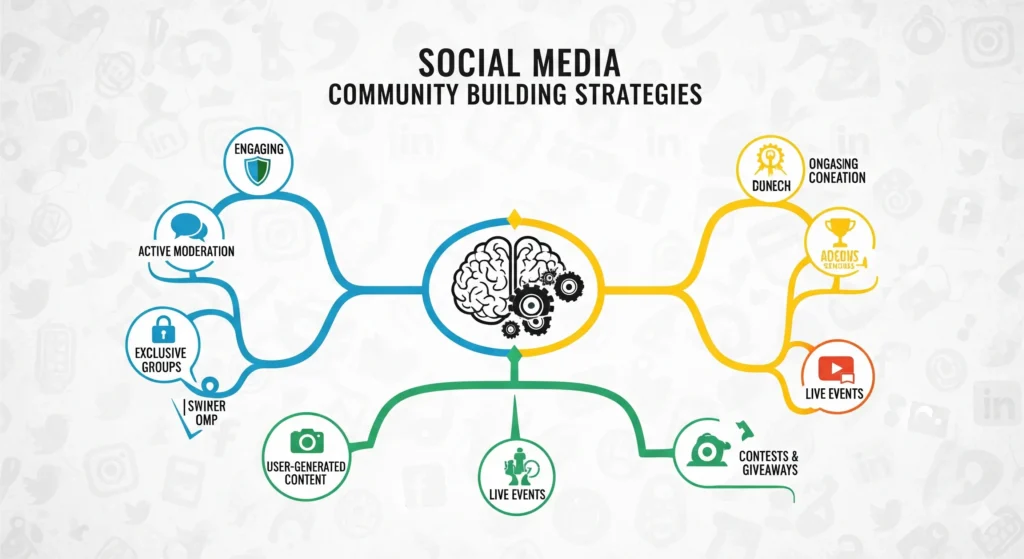
Platform-Specific Community Building
LinkedIn Community Development proves essential for B2B event management companies targeting corporate clients. Creating valuable content that addresses industry challenges, sharing insights about event trends, and participating in relevant discussions establishes thought leadership.
Instagram Community Engagement focuses on visual storytelling and behind-the-scenes content that humanizes the event planning process. Regular posting, strategic hashtag usage, and influencer collaborations expand reach and engagement.
Facebook Groups and Pages provide platforms for building communities around specific event types or geographic locations. Event management companies can create groups for local wedding planning, corporate event discussions, or industry networking.
Content Strategy for Community Building
Educational content positions event management companies as trusted resources and industry experts. Sharing planning tips, industry insights, vendor recommendations, and trend analyses provides value while building credibility.
Behind-the-scenes content creates personal connections with potential clients by showcasing the planning process, team interactions, and event setup procedures. This transparency builds trust and demonstrates expertise.
Client success stories serve as powerful social proof while inspiring potential clients. Sharing detailed case studies, testimonials, and event highlights demonstrates capabilities and results.
Influencer Partnerships and Collaborations
Local business partnerships create mutually beneficial relationships with complementary service providers such as caterers, photographers, florists, and venues. Cross-promotion expands reach while providing added value to clients.
Industry influencer collaborations with established event planners, venues, or suppliers can significantly expand reach and credibility. Partnering with influencers whose audiences align with target markets maximizes impact.
Client advocacy programs encourage satisfied clients to share experiences and refer new business. Implementing formal referral programs with incentives can systematically increase word-of-mouth marketing.
Engagement and Relationship Management
Real-time interaction during events through live streaming, story updates, and social media walls creates engaging experiences for attendees while showcasing capabilities to potential clients.
Community management involves consistently responding to comments, messages, and mentions while proactively engaging with relevant content from others in the industry. This active participation builds relationships and increases visibility.
User-generated content campaigns encourage clients and attendees to share their experiences using branded hashtags. This strategy creates authentic content while expanding reach through clients’ networks.
Email Marketing and CRM Integration for Lead Nurturing
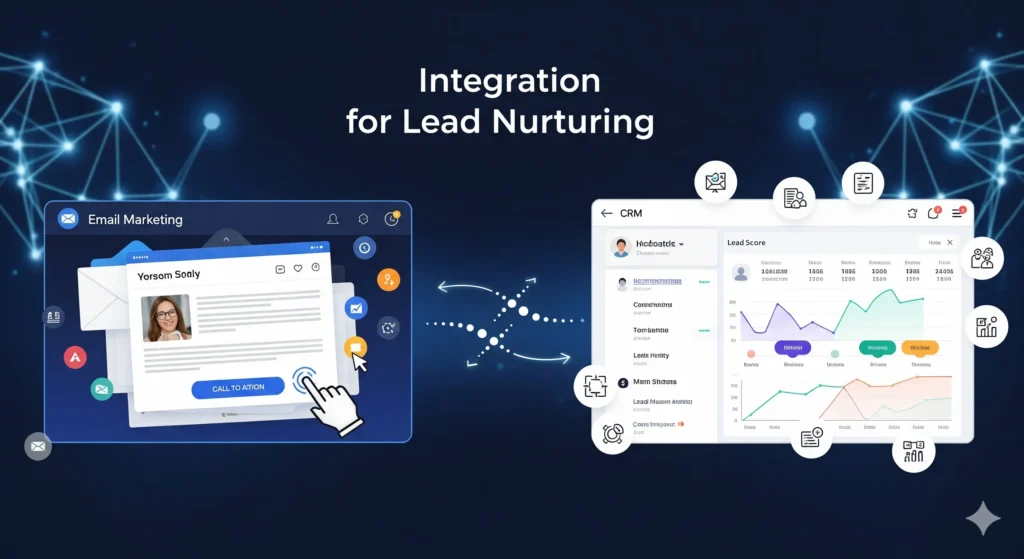
Lead Qualification and Segmentation
Lead qualification frameworks help event management companies identify prospects most likely to convert. The BANT framework (Budget, Authority, Need, Timeline) provides structure for qualifying event planning leads.
Segmentation strategies enable personalized communication based on event type, budget range, timeline, and client characteristics. Event management companies should segment leads by corporate vs. social events, budget levels, and geographic location.
Scoring systems help prioritize follow-up efforts by assigning values to different prospect behaviors and characteristics. Higher scores indicate greater likelihood of conversion and warrant more intensive nurturing efforts.
Email Marketing Automation
Drip campaigns nurture leads through systematic email sequences that provide value while building trust. Event management companies should create separate sequences for different event types and prospect stages.
Personalized content based on prospect interests and needs significantly improves engagement rates. Using CRM data to customize email content, recommendations, and offers increases relevance and conversion probability.
Trigger-based emails respond to specific prospect actions such as website visits, content downloads, or event inquiries. These timely responses maintain engagement while prospects are actively interested.
CRM Implementation and Management
Contact management systems enable systematic tracking of prospect interactions, preferences, and communication history. Event management companies need robust CRM systems to manage complex sales cycles.
Integration capabilities allow CRM systems to connect with email marketing platforms, social media tools, and lead generation services. This integration creates comprehensive prospect profiles and enables automated workflows.
Performance tracking through CRM analytics provides insights into lead sources, conversion rates, and campaign effectiveness. Regular analysis enables continuous optimization of lead generation efforts.
Website Optimization and Conversion Strategies

Landing Page Optimization
Conversion-focused design ensures landing pages guide visitors toward desired actions through clear value propositions, compelling visuals, and prominent calls-to-action. Event management companies should create dedicated landing pages for different service types.
Mobile optimization is crucial as many potential clients research event services on mobile devices. Responsive design ensures consistent user experience across all devices and screen sizes.
Page speed optimization directly impacts conversion rates, with studies showing that pages loading in more than 3 seconds lose over 50% of visitors. Event management companies must optimize images, minimize code, and use reliable hosting.
Trust Building Elements
Social proof through client testimonials, case studies, and reviews builds credibility with potential clients. Event management companies should prominently display positive feedback and success stories.
Professional photography showcasing past events, team members, and facilities creates positive first impressions. High-quality visuals communicate professionalism and attention to detail.
Clear contact information and multiple communication options (phone, email, contact forms) make it easy for prospects to initiate conversations. Accessibility builds trust and reduces barriers to engagement.
Analytics and Performance Tracking
Conversion tracking measures the effectiveness of different traffic sources, pages, and marketing campaigns. Event management companies should track form submissions, phone calls, and consultation requests.
User behavior analysis through tools like Google Analytics provides insights into how visitors interact with websites. Understanding user paths helps identify optimization opportunities.
A/B testing different page elements such as headlines, calls-to-action, and layouts enables data-driven optimization. Regular testing ensures continuous improvement in conversion performance.
Lead Generation Tools and Technology
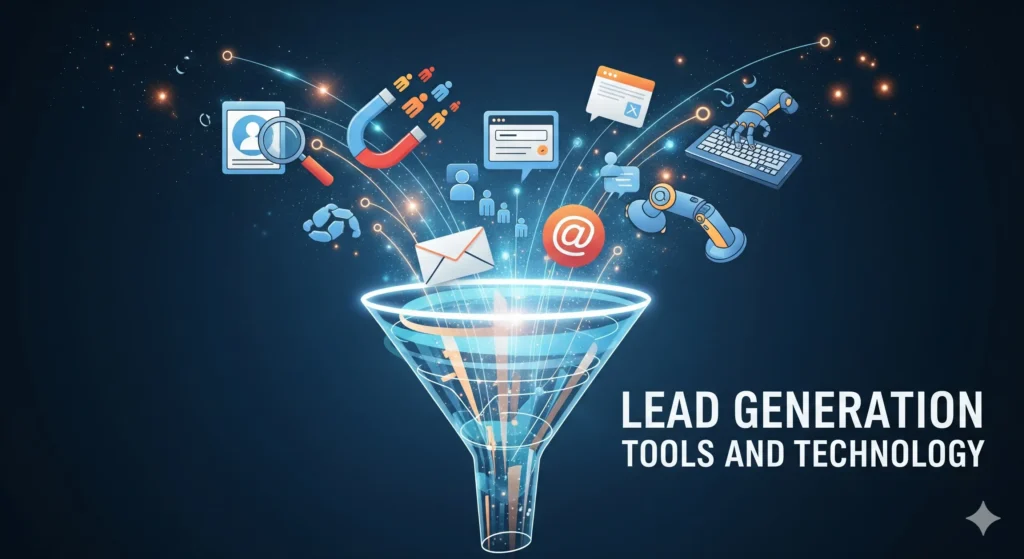
Event Management Software Integration
All-in-one platforms like Cvent and Eventbrite provide integrated lead generation capabilities including registration management, attendee tracking, and follow-up automation. These platforms centralize lead management while providing valuable analytics.
CRM integration ensures seamless data flow between lead generation activities and customer relationship management. Popular CRM systems like Salesforce and HubSpot offer specific features for event management companies.
Marketing automation tools enable systematic lead nurturing through email sequences, social media scheduling, and personalized content delivery. These tools help maintain consistent communication with prospects.
Analytics and Reporting Tools
Google Analytics provides essential insights into website performance, traffic sources, and user behavior. Event management companies should configure goals and conversion tracking to measure lead generation effectiveness.
Social media analytics platforms track engagement, reach, and conversion from social media efforts. Understanding which content and platforms generate the most leads enables resource optimization.
Call tracking software measures phone leads generated from different marketing campaigns. This data helps event management companies understand which channels drive the most valuable inquiries.
Lead Capture and Qualification Tools
Form optimization tools like Typeform and Gravity Forms create engaging lead capture experiences while collecting qualification information. Well-designed forms balance information gathering with user experience.
Live chat integration enables real-time engagement with website visitors while they’re actively researching services. Chat tools can qualify leads and schedule consultations automatically.
Lead scoring platforms automatically evaluate prospect quality based on behavior, demographics, and engagement levels. This automation helps prioritize follow-up efforts for maximum efficiency.
Measuring ROI and Performance Optimization
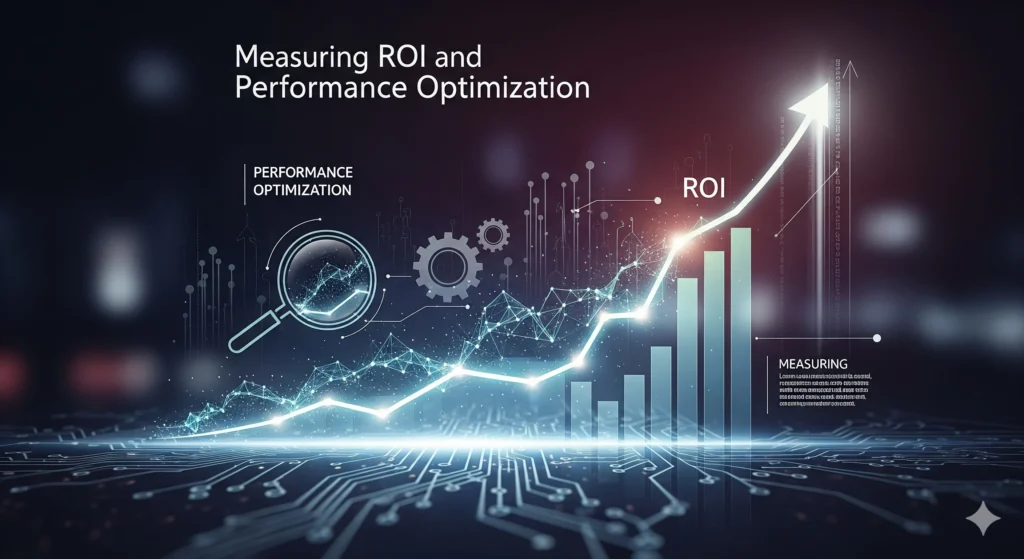
Key Performance Indicators (KPIs)
Lead generation metrics include total leads generated, cost per lead, and lead quality scores. Event management companies should track these metrics across all marketing channels to identify most effective strategies.
Conversion rate tracking measures how effectively leads convert to clients at different stages of the sales funnel. Understanding conversion rates helps identify bottlenecks and optimization opportunities.
Customer lifetime value calculations help determine appropriate lead generation investment levels. Event management companies should consider repeat business and referral potential when evaluating lead quality.
Campaign Performance Analysis
Multi-channel attribution provides insights into how different marketing channels work together to generate leads. Event management companies should understand the complete customer journey rather than isolated channel performance.
Return on ad spend (ROAS) calculations help optimize advertising budgets across Google Ads, Meta Ads, and other paid channels. Regular ROAS analysis ensures efficient resource allocation.
Lead source analysis identifies which channels generate the highest quality leads at the lowest cost. This analysis enables strategic budget reallocation for maximum ROI.
Continuous Improvement Strategies
Regular campaign audits ensure all marketing efforts align with business objectives and target audience needs. Event management companies should quarterly review all lead generation activities.
Competitive analysis provides insights into industry best practices and emerging opportunities. Understanding competitor strategies helps identify gaps and competitive advantages.
Customer feedback integration ensures lead generation efforts address actual client needs and preferences. Regular surveys and feedback collection inform strategy refinements.
Future Trends in Event Management Lead Generation
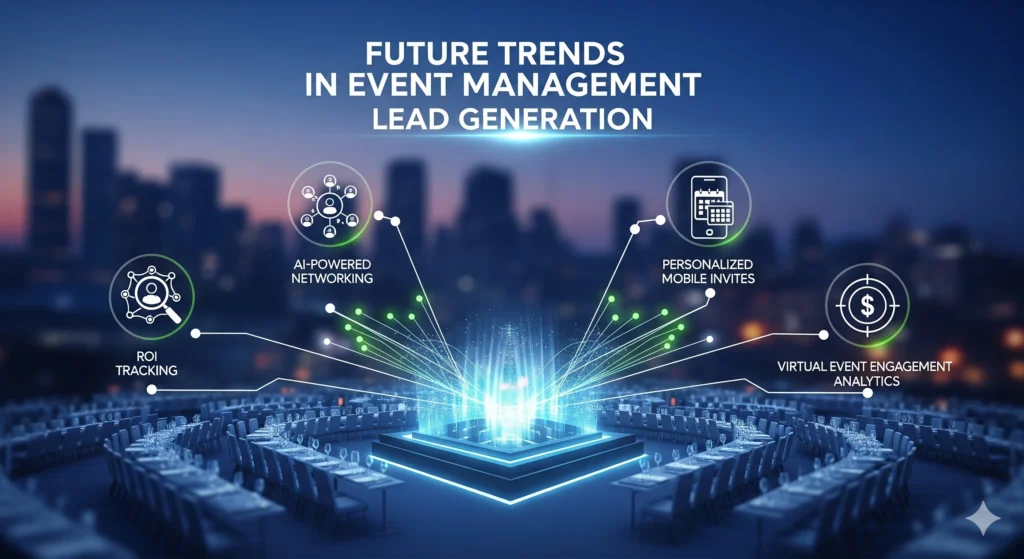
Technology Integration and AI
Artificial intelligence is increasingly being used to optimize ad targeting, personalize content, and predict lead quality. Event management companies should explore AI tools for campaign optimization and lead scoring.
Marketing automation continues evolving with more sophisticated triggers, personalization capabilities, and cross-channel coordination. These advances enable more effective nurturing at scale.
Virtual and hybrid events create new opportunities for lead generation through expanded geographic reach and innovative engagement formats. Event management companies should develop strategies for these evolving event types.
Evolving Consumer Behavior
Mobile-first experiences become increasingly important as more prospects research and book services through mobile devices. Event management companies must optimize all touchpoints for mobile users.
Social proof importance continues growing as consumers rely more heavily on reviews, testimonials, and peer recommendations. Building and showcasing social proof becomes increasingly critical.
Personalization expectations increase as consumers become accustomed to tailored experiences across industries. Event management companies must deliver personalized communication and service recommendations.
Conclusion
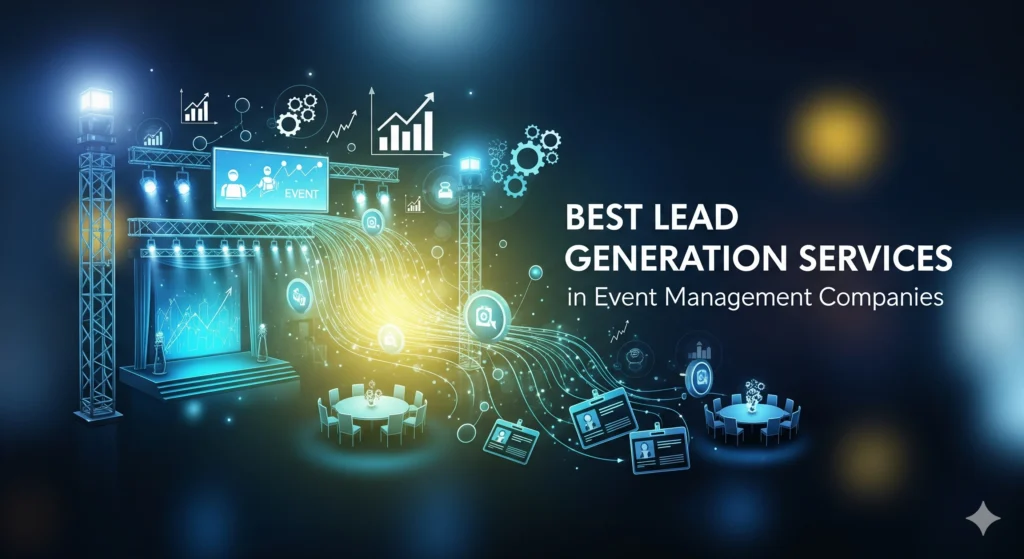
Successful lead generation for event management companies requires a comprehensive approach combining professional services, strategic advertising, community building, and systematic nurturing. The most effective strategies integrate multiple channels while maintaining consistent messaging and value propositions across all touchpoints.
Google Ads and Meta Ads provide powerful platforms for reaching targeted audiences when implemented with proper campaign architecture, compelling creative content, and continuous optimization. Social media community building creates long-term relationships and brand advocacy that generates ongoing referrals and repeat business.
Email marketing and CRM integration enable systematic lead nurturing that guides prospects through complex decision-making processes while providing value at every stage. Website optimization ensures that all marketing efforts convert visitors into qualified leads through compelling user experiences and clear calls-to-action.
The key to success lies in consistently measuring performance, optimizing based on data insights, and adapting strategies as market conditions and consumer behaviors evolve. Event management companies that implement these comprehensive lead generation strategies position themselves for sustained growth and competitive advantage in an increasingly digital marketplace.
By leveraging the right combination of lead generation services, advertising tactics, and community-building initiatives, event management companies can transform their marketing efforts and achieve remarkable results that drive business growth and long-term success.
FAQS
The most effective lead generation strategy combines multiple approaches tailored to your target audience. Content marketing and SEO form the foundation, positioning your company as an industry expert through valuable blog posts, case studies, and event planning guides. Social media marketing with visual storytelling showcases your portfolio and builds trust with potential clients. Email marketing campaigns nurture prospects through the decision-making process, while networking at industry events provides face-to-face relationship building opportunities. The key is implementing an integrated approach that leverages both digital and traditional methods, with each channel supporting and amplifying the others.
Lead qualification for event management companies should focus on the BANT framework (Budget, Authority, Need, Timeline) while considering industry-specific factors. Start by identifying prospects who have the budget for your services, typically through initial discovery questions about their event scope and expectations. Determine if you're speaking with the decision-maker or someone with significant influence in the selection process. Assess their need by understanding their event goals, challenges, and specific requirements. Finally, establish their timeline to prioritize leads based on urgency. Create a scoring system that assigns values to different prospect characteristics, such as event type, company size, and engagement level, helping you focus resources on the most promising opportunities.
The primary challenges include inconsistent lead flow, poor lead quality, and difficulty standing out in a competitive market. To address inconsistent lead flow, diversify your marketing channels and maintain consistent content creation schedules. Combat poor lead quality by refining your targeting criteria and using lead scoring systems to identify genuinely interested prospects. Overcome competition by developing a unique value proposition that clearly differentiates your services, focusing on specific niches or specializations where you excel. Resource constraints can be managed by leveraging cost-effective digital marketing channels like social media and content marketing, while inadequate tracking issues are resolved through implementing proper analytics tools and CRM systems.
Google Ads campaigns for event management companies should be structured around specific event types and geographic targeting. Create separate campaigns for corporate events, weddings, social gatherings, and other specialty services to enable precise messaging and budget allocation. Use Search campaigns to capture high-intent prospects actively searching for event planning services, and implement Display campaigns for broader awareness among your target audience. Focus on long-tail keywords that capture specific client needs, such as "luxury wedding planner [city]" or "corporate retreat planning services." Implement conversion tracking for form submissions, phone calls, and consultation requests to measure campaign effectiveness. Start with automated bidding strategies like "Maximize Clicks" for new campaigns, then optimize toward conversion-focused strategies as you gather performance data.
Meta Ads excel for event management companies because they enable visual storytelling and precise audience targeting. Use carousel ads to showcase multiple past events or services, and leverage video content featuring event highlights, behind-the-scenes footage, and client testimonials. Create Custom Audiences from website visitors, email subscribers, and past clients for remarketing campaigns, then build Lookalike Audiences to reach similar prospects. Focus on the Sales objective for companies prioritizing direct revenue generation, or use Lead Generation objectives with Meta's lead forms to reduce friction. Implement dynamic creative testing to identify the most effective ad combinations, and use geographic targeting to reach prospects within your service areas while adjusting budgets based on market potential.
Building a strong social media community requires consistent value delivery and authentic engagement. Share educational content such as event planning tips, industry insights, vendor recommendations, and trend analyses to position yourself as a trusted resource. Post behind-the-scenes content showing your planning process, team interactions, and event setup to create personal connections with your audience. Engage actively by responding to comments, participating in industry discussions, and sharing relevant content from other industry professionals. Create branded hashtags for your events and encourage clients to share their experiences, generating user-generated content that expands your reach. Partner with local vendors and industry influencers for cross-promotion opportunities, and maintain consistent posting schedules across platforms while adapting content to each platform's unique characteristics.
Email marketing serves as the backbone of lead nurturing for event management companies, guiding prospects through complex decision-making processes. Implement segmented drip campaigns based on event type, budget range, and prospect stage to deliver personalized content that addresses specific needs and concerns. Create automated sequences triggered by specific actions, such as website visits, content downloads, or consultation requests, ensuring timely follow-up while prospects are actively engaged. Include valuable content such as planning checklists, vendor guides, budget templates, and timeline examples that help prospects while showcasing your expertise. Use CRM integration to track email performance and prospect engagement, enabling sales teams to prioritize follow-up efforts based on demonstrated interest levels. Maintain consistent communication without overwhelming prospects, typically sending 1-2 emails per week with a mix of educational and promotional content.
Website optimization for event management companies focuses on trust building and conversion path clarity. Create dedicated landing pages for different service types with compelling headlines, high-quality portfolio images, and clear calls-to-action. Include social proof elements such as client testimonials, case studies, and review snippets prominently throughout your site. Ensure mobile optimization since many prospects research event services on mobile devices, and optimize page loading speeds to prevent visitor abandonment. Implement multiple contact options including contact forms, phone numbers, and live chat to accommodate different communication preferences. Use conversion tracking to monitor form submissions, phone calls, and other desired actions, then conduct A/B testing on headlines, CTAs, and page layouts to continuously improve performance. Include detailed service descriptions, pricing information (when appropriate), and clear next steps to guide prospects toward contacting you.
Essential tools for event management lead generation include CRM systems like Salesforce or HubSpot for contact management and lead tracking. Use email marketing platforms such as Mailchimp or Constant Contact for automated nurturing campaigns. Implement social media management tools like Hootsuite or Buffer for consistent posting and engagement tracking. Leverage Google Analytics and Facebook Analytics to measure website and social media performance. Consider all-in-one event platforms like Cvent or Eventbrite that integrate lead capture with event management. Use lead capture tools such as Typeform for engaging contact forms and call tracking software to measure phone lead generation. Implement marketing automation platforms to coordinate multi-channel campaigns and track prospect engagement across touchpoints. Choose tools that integrate well together to create seamless data flow and comprehensive prospect profiles.
Measuring ROI for event management lead generation requires tracking both quantitative metrics and qualitative indicators. Monitor cost per lead across different channels, conversion rates from lead to client, and customer lifetime value to determine which strategies provide the best return. Track lead sources to identify your most effective marketing channels, and analyze sales cycle length to understand how long prospects take to make decisions. Implement multi-touch attribution to understand how different marketing activities work together to generate leads. Conduct regular campaign audits to evaluate performance against goals and identify optimization opportunities. Use A/B testing for ads, landing pages, and email campaigns to continuously improve conversion rates. Gather client feedback to understand what factors influenced their decision to hire you, informing future marketing messages and positioning. Set up automated reporting to track key metrics monthly and quarterly, enabling data-driven decision making for budget allocation and strategy adjustments.
Share this post :
Newsletter
Add Your Heading Text Here
Lorem ipsum dolor sit amet, consectetur adipiscing elit. Ut elit tellus, luctus nec ullamcorper mattis, pulvinar dapibus leo.
